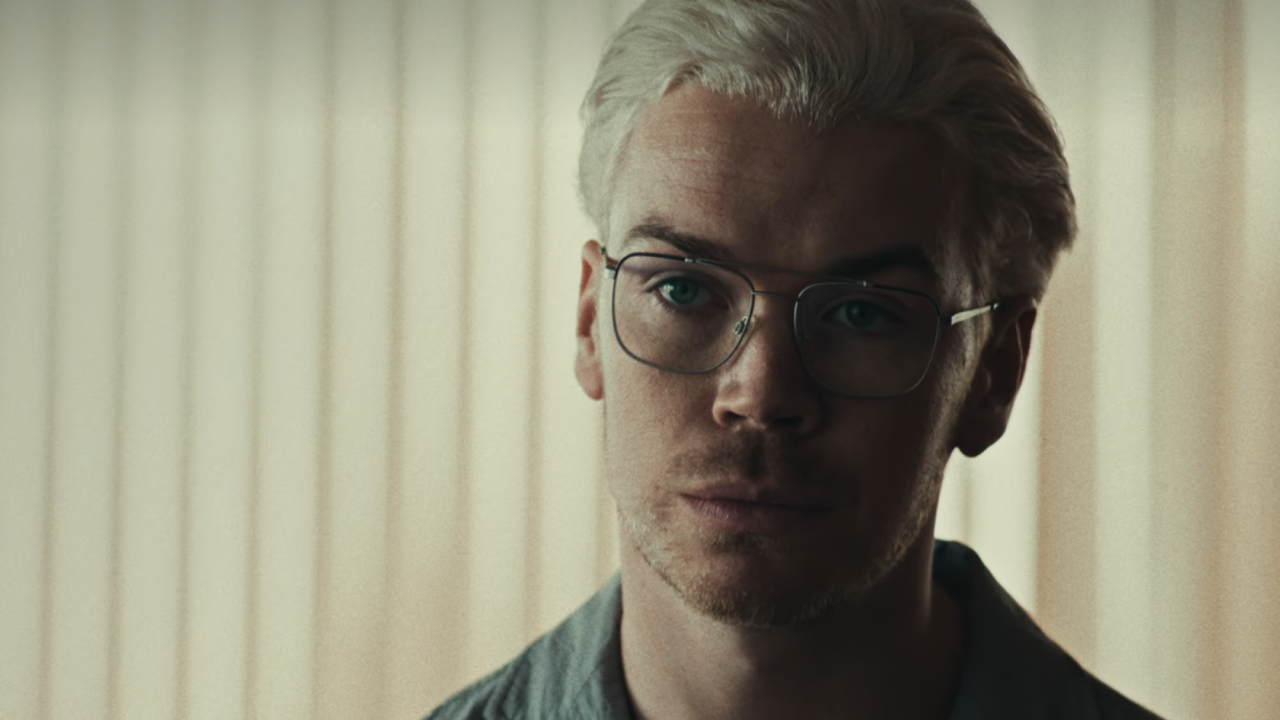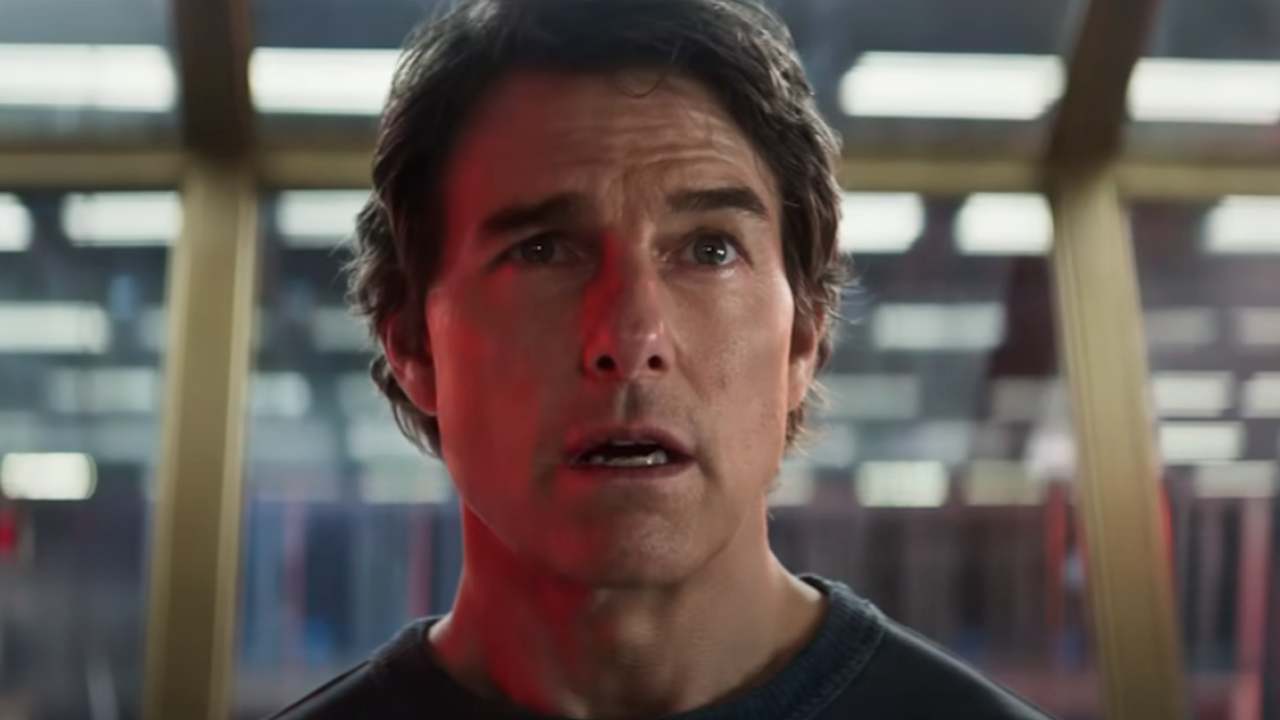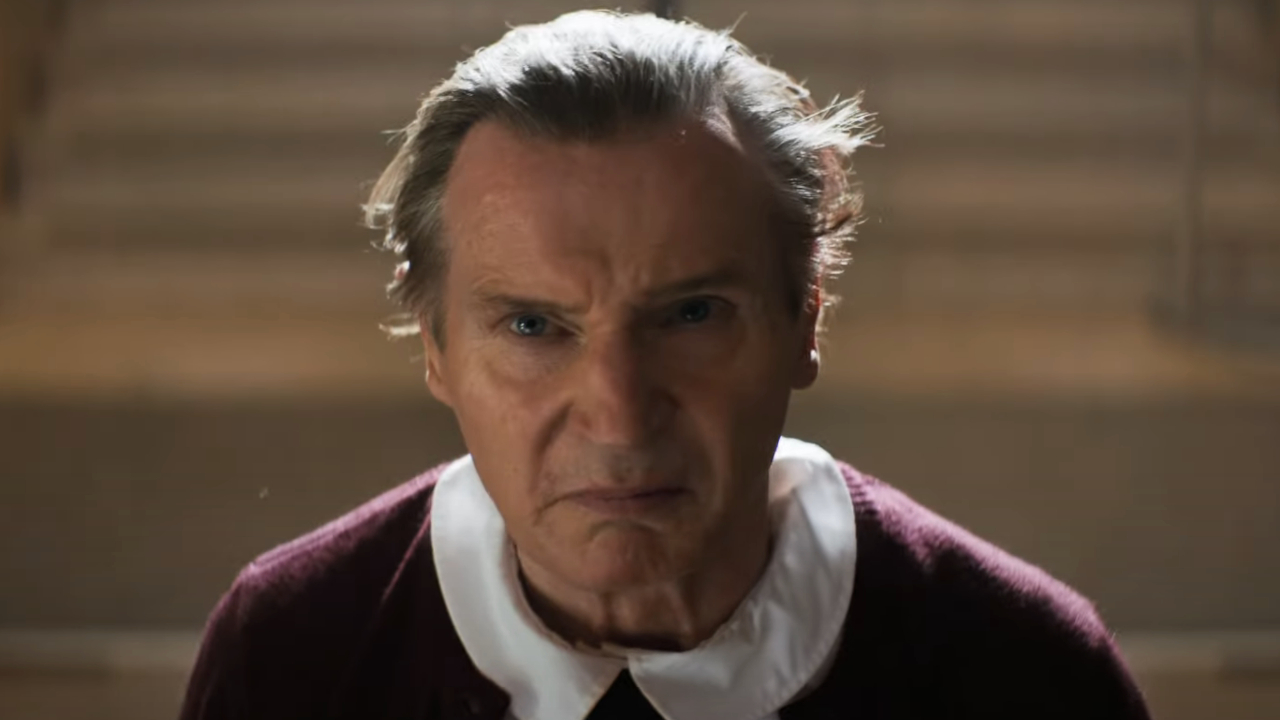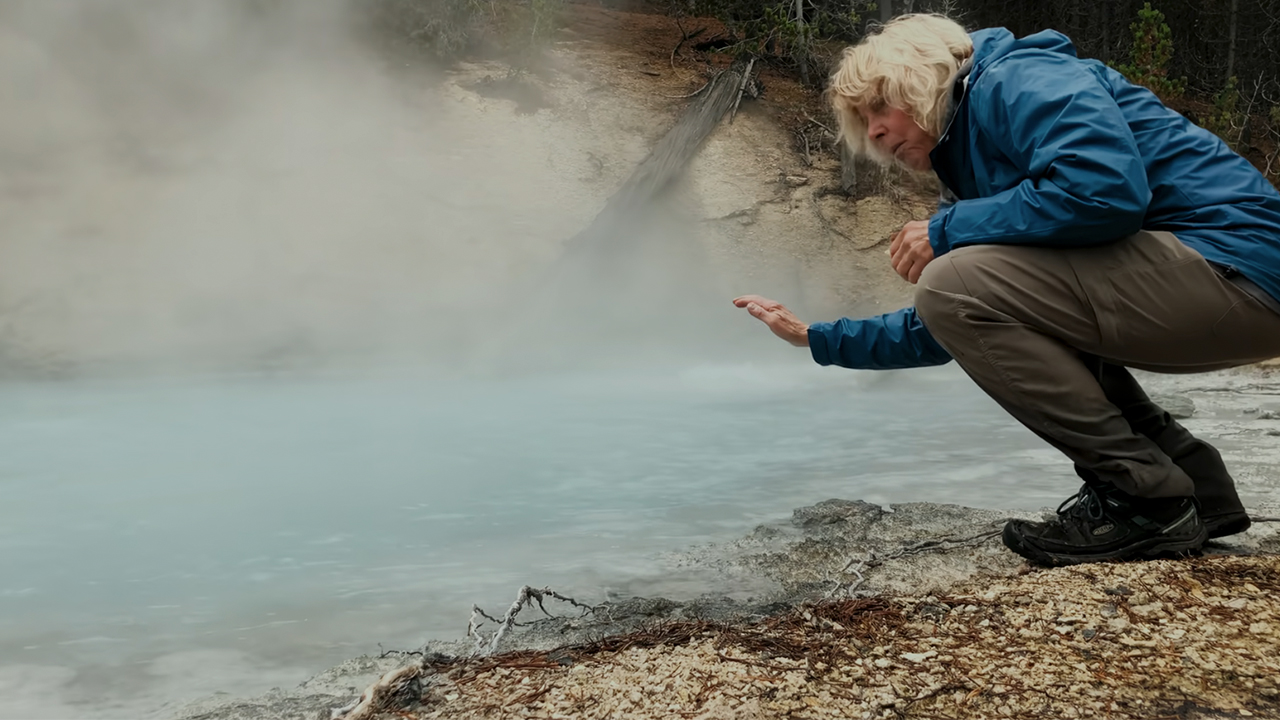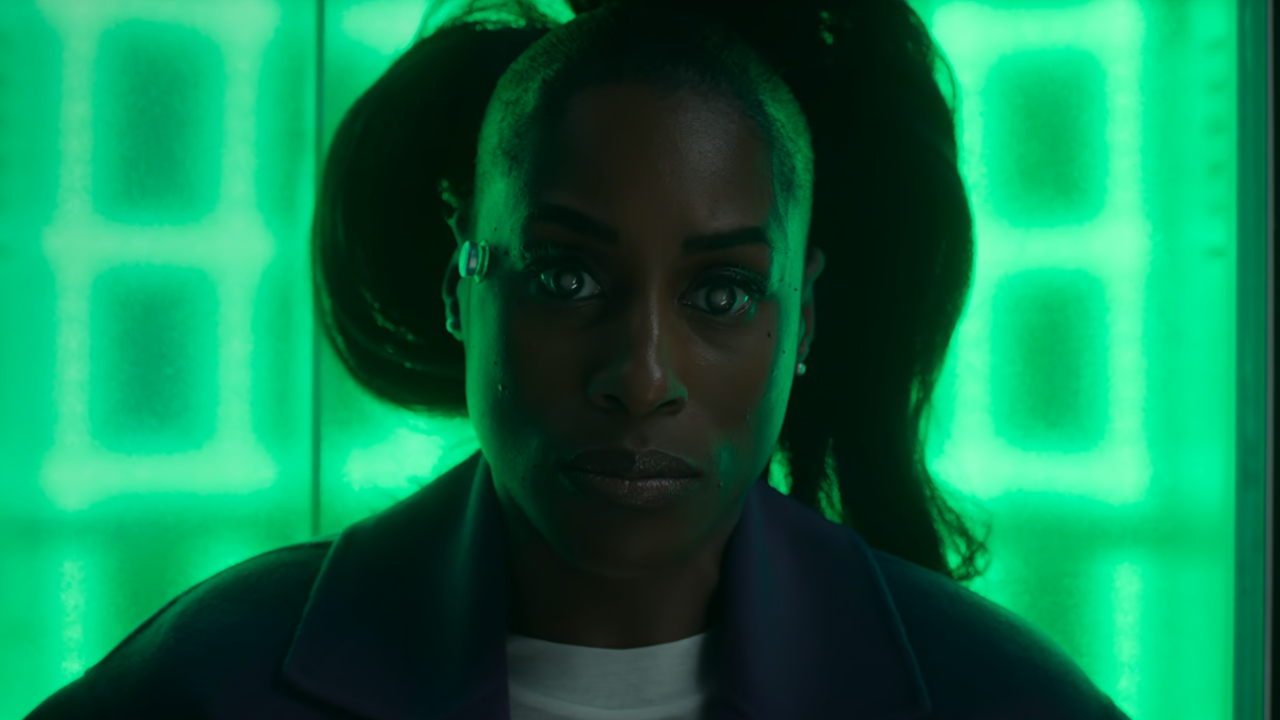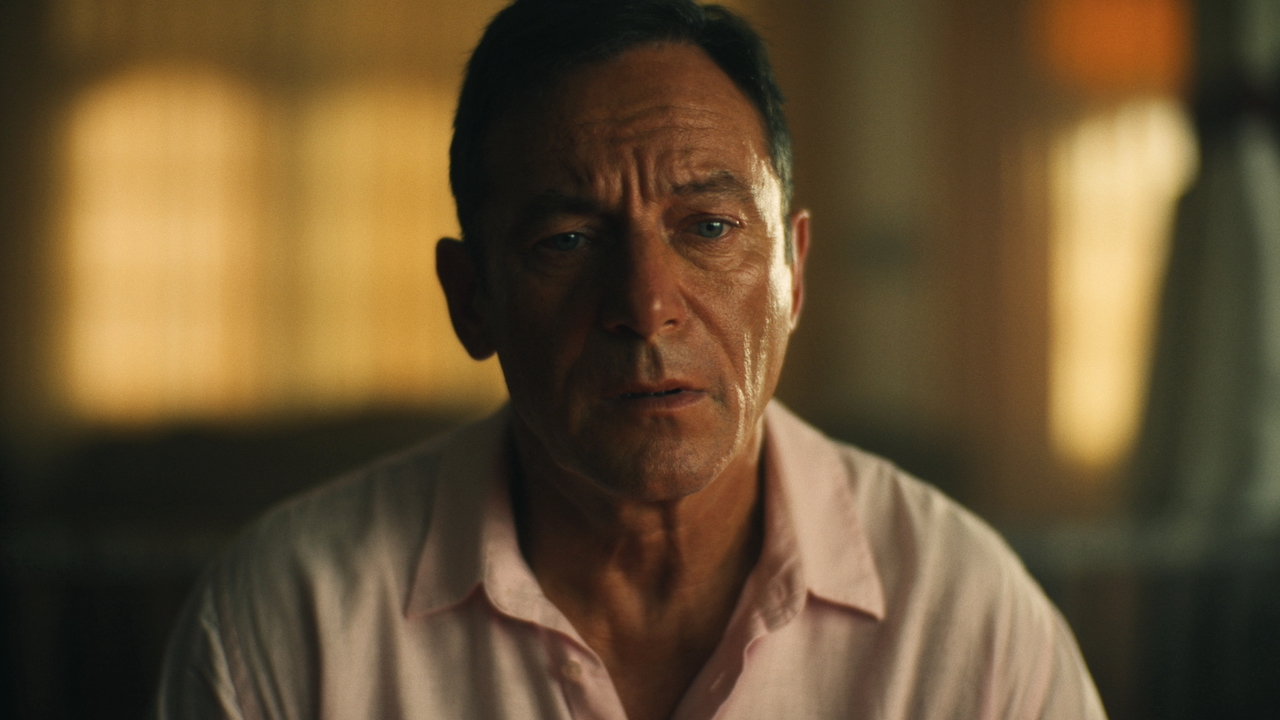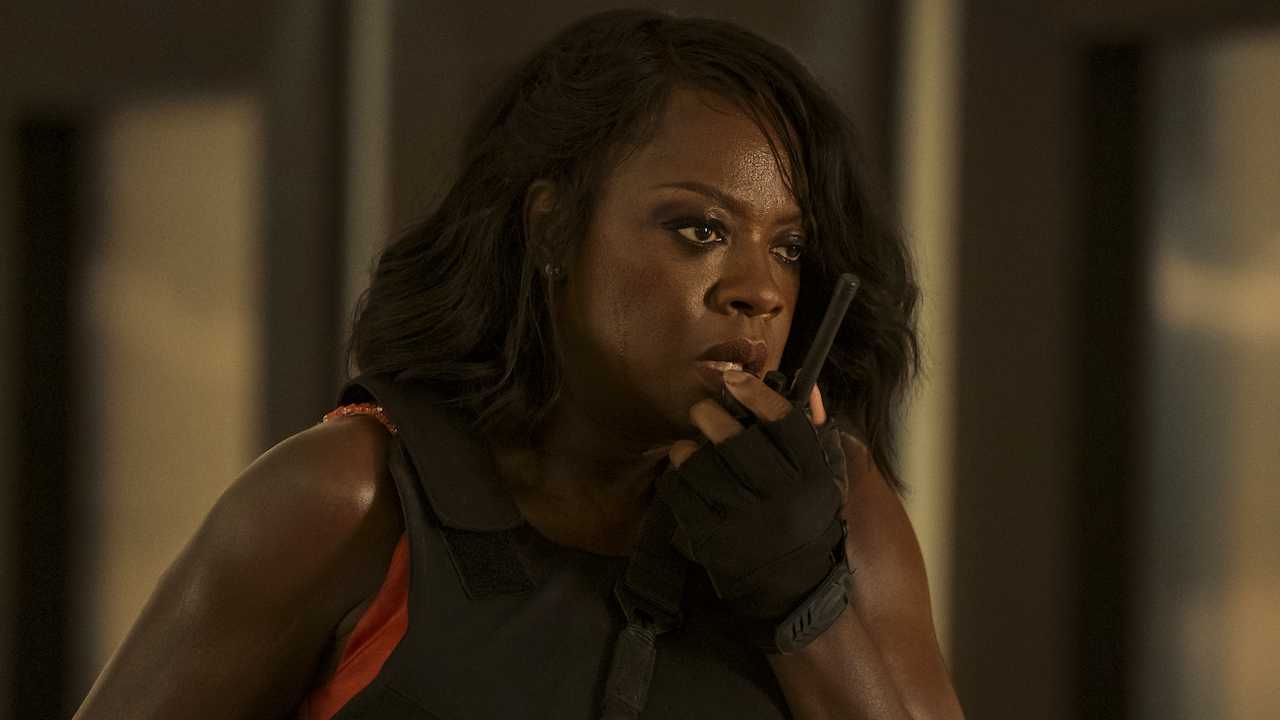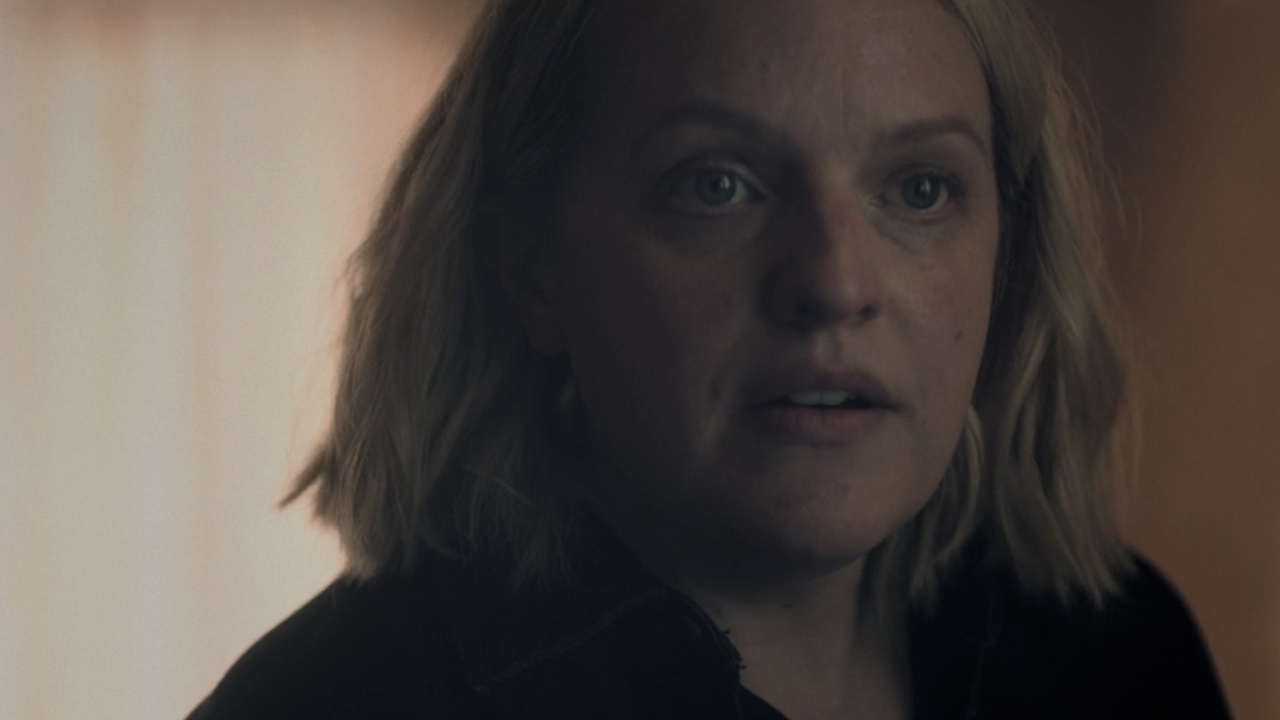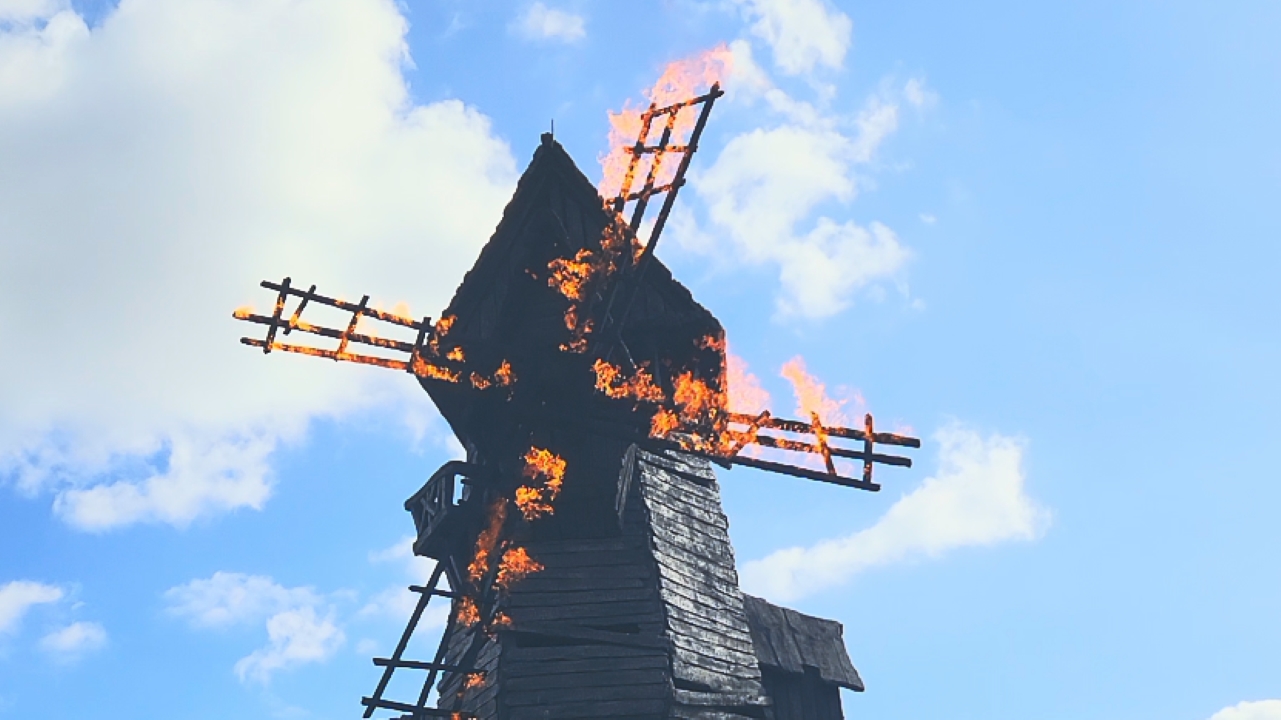Every Best Picture Winner From The First 40 Years Of The Oscars
And the Oscar goes to...
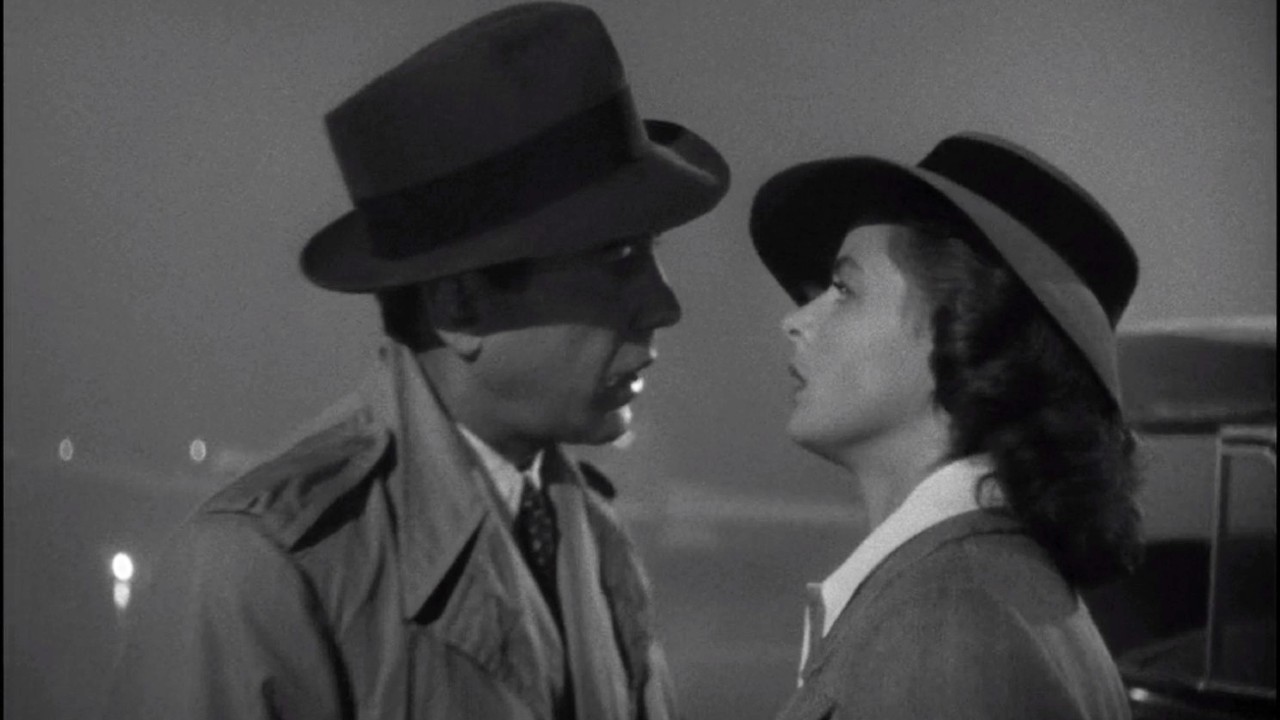
In recent years, we’ve seen instant-classics like CODA, Everything Everywhere All at Once, Oppenheimer, and several other Best Picture winners dominate the conversation surrounding the Academy Awards. And while those three movies and other examples from the 21st century are worth celebrating, it’s equally important to honor those who came before them. And by “before” we mean a long time ago, like the early years of the Oscars.
Below is a breakdown of every Best Picture winner from the first 40 years of the Oscars, several dozen or so landmark films that many cherish decades later as well as a few that some may have forgotten about entirely.
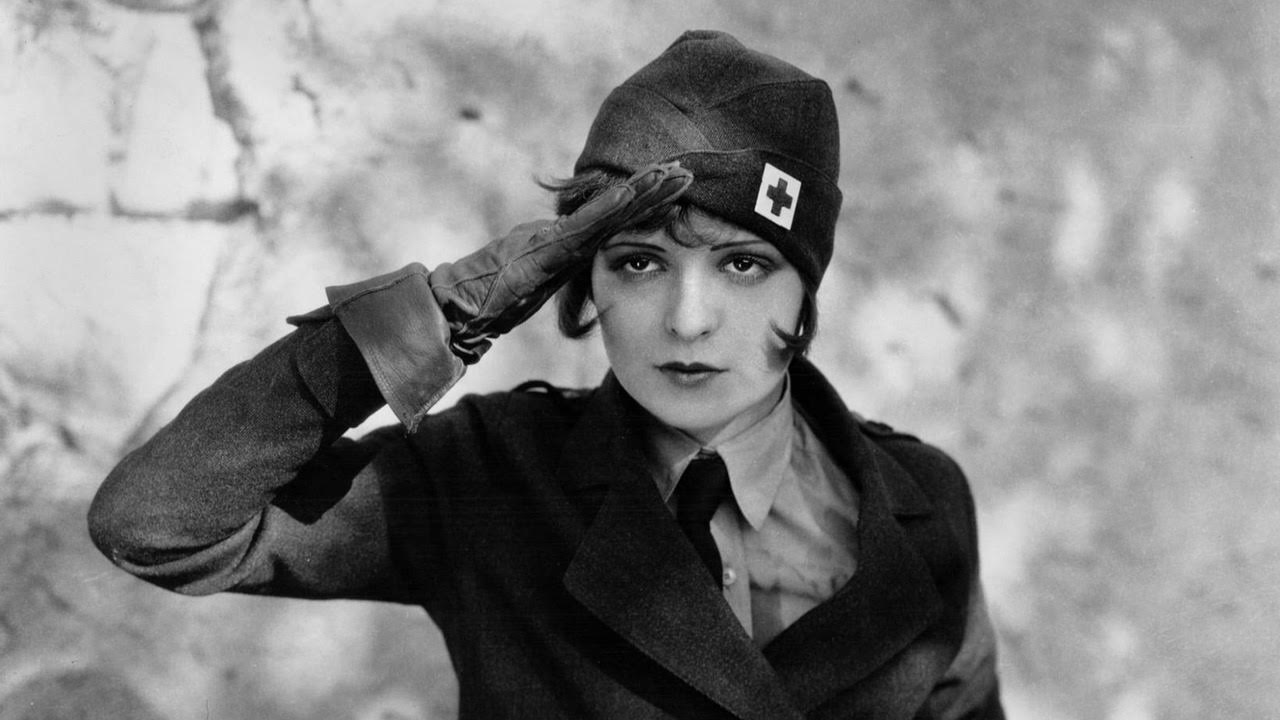
Wings (1927)
William A. Wellman’s Wings, which is a great war movie and romantic epic, had the honor of being the first film to be named Best Picture at the inaugural Academy Awards in 1929. Great performances from Clara Bow and Charles Rogers, as well as that iconic tracking shot, make this a worthy watch decades later.
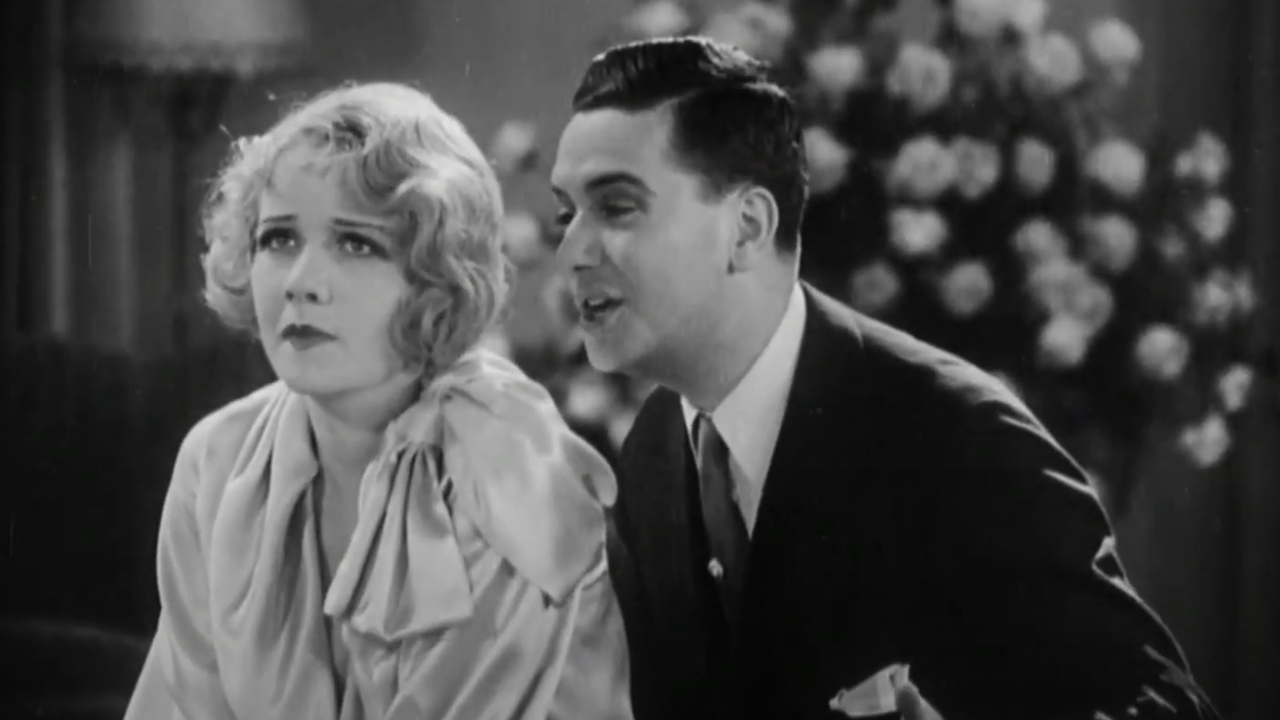
The Broadway Melody (1929)
Harry Beaumont’s The Broadway Melody was the first of many musicals to be named Best Picture when this “talkie” took home the top prize at the second annual Academy Awards. Romance, music, and aspirations are plenty in this treasured classic.
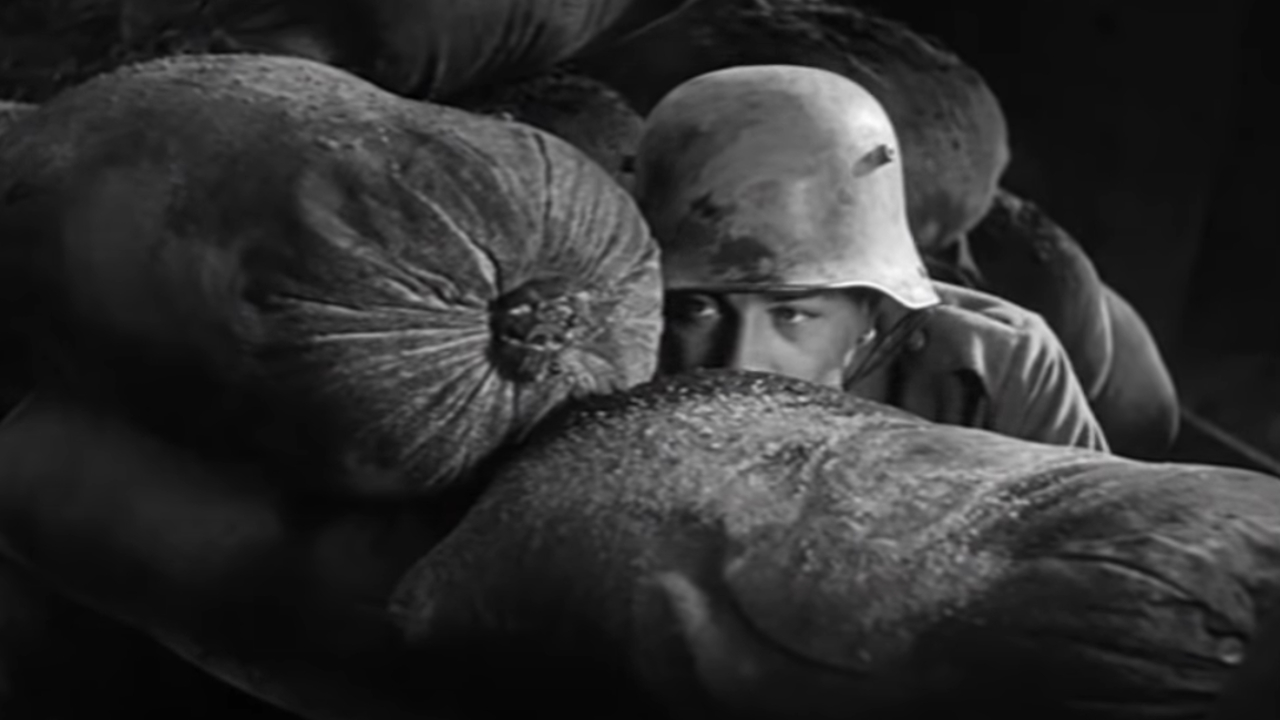
All Quiet On The Western Front (1930)
Nearly 100 years before Edward Berger gave everyone with a Netflix subscription a first-hand account of the horrors of war with his 2022 Oscar-winning thriller, Lewis Milestone adapted Erich Maira Remarque’s All Quiet on the Western Front for the big screen in 1930. Tense, epic, and heartbreaking, this anti-war film doesn’t pull its punches.
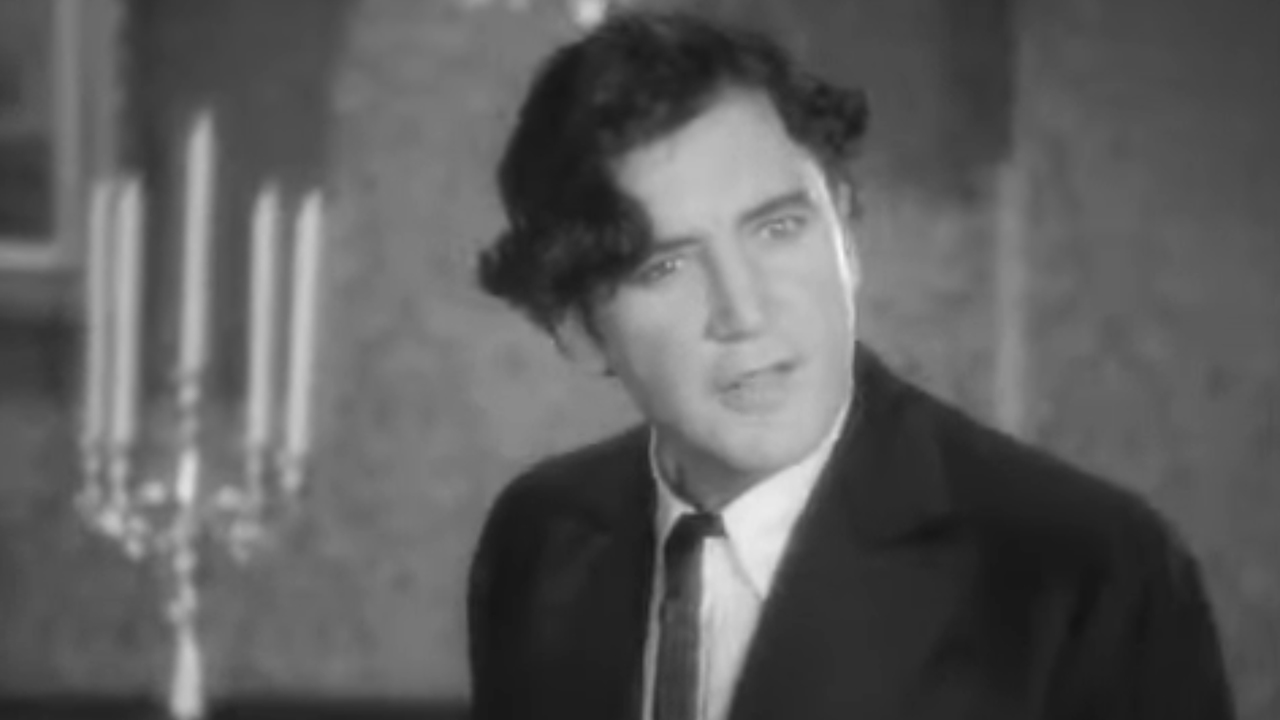
Cimarron (1931)
A lot of the great Western films have won an Academy Award or two over the years, and Wesley Ruggles’ 1931 gem, Cimarron, was the very first to do so. Released in 1932, this period drama throws the audience into 19th-century Oklahoma for one wild land rush.
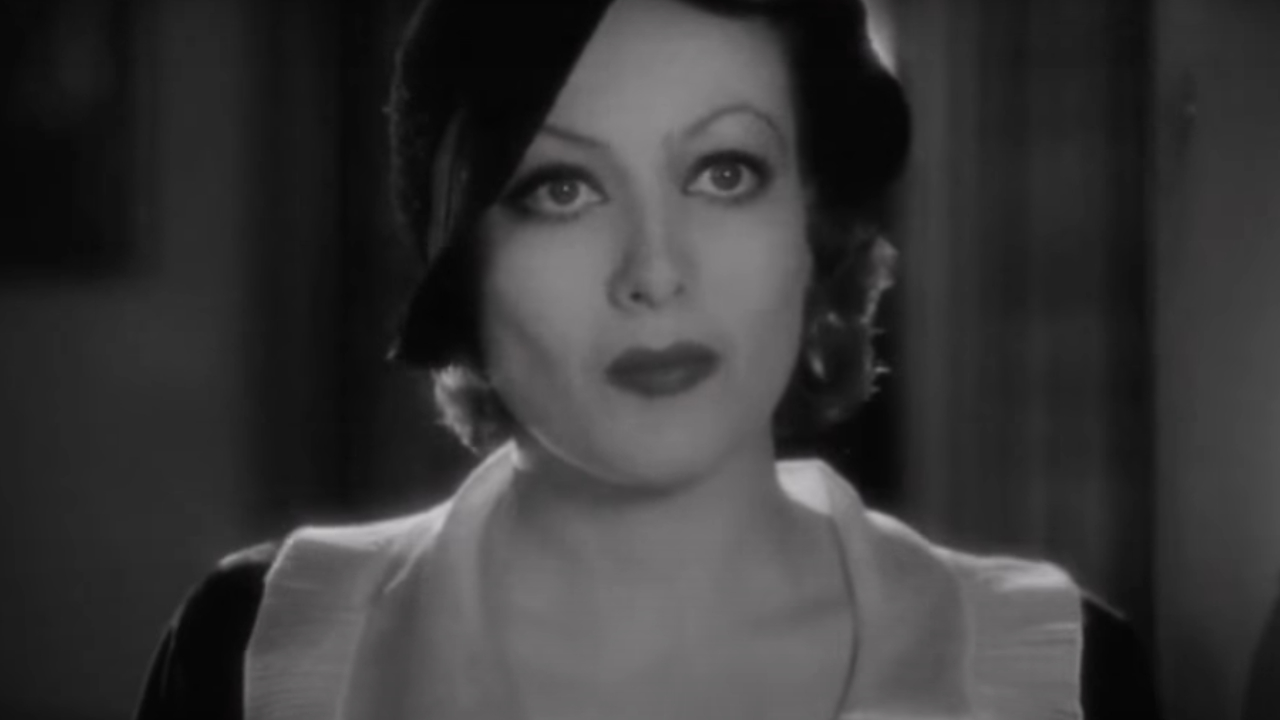
Grand Hotel (1932)
Following several groups of people in separate yet intertwined stories, Edward Goulding’s 1931 drama film, Grand Hotel, is a splendid and highly influential piece of cinema. Set in a luxurious Berlin hotel, this sprawling story of romance, schemes, and ambitious players is worth a watch.
CINEMABLEND NEWSLETTER
Your Daily Blend of Entertainment News
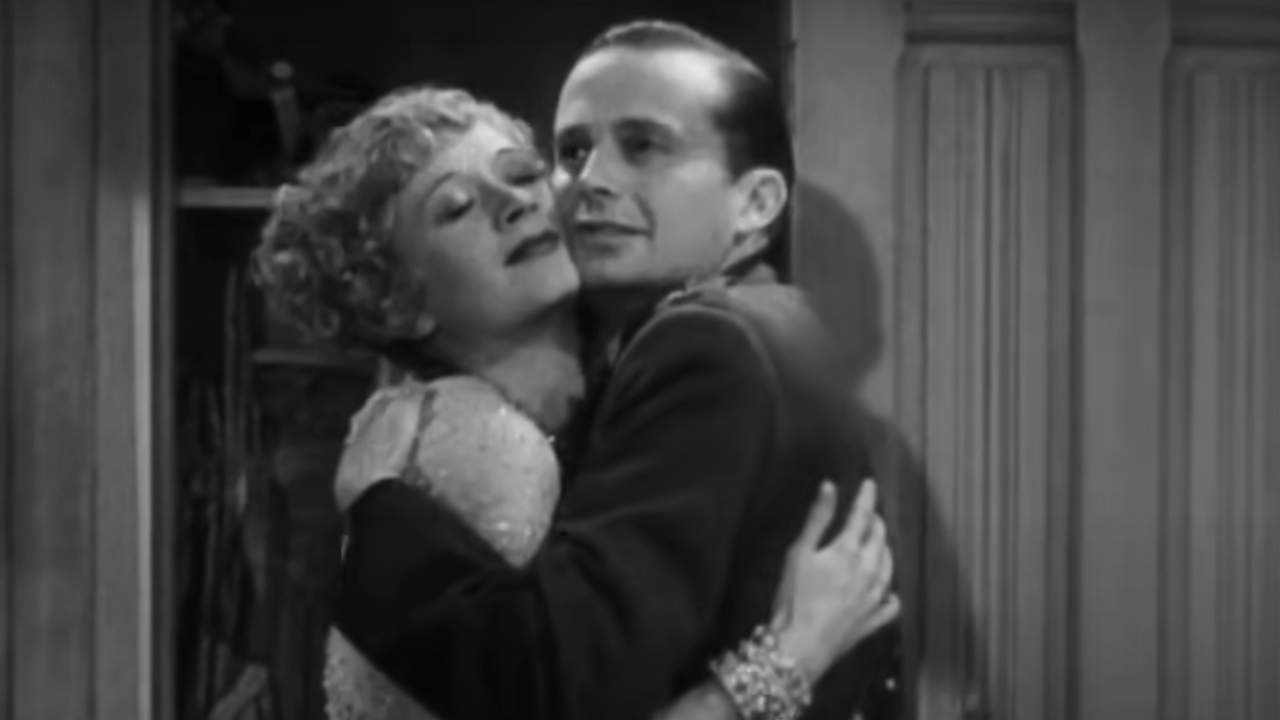
Cavalcade (1933)
Taking place between the turn of the 20th century and the early 1930s, Cavalcade follows two couples as they navigate the good, the bad, and the in-between of life. In addition to playing into romance, Frank Lloyd’s Best Picture winner also recreates some of the century’s most memorable and harrowing chapters.
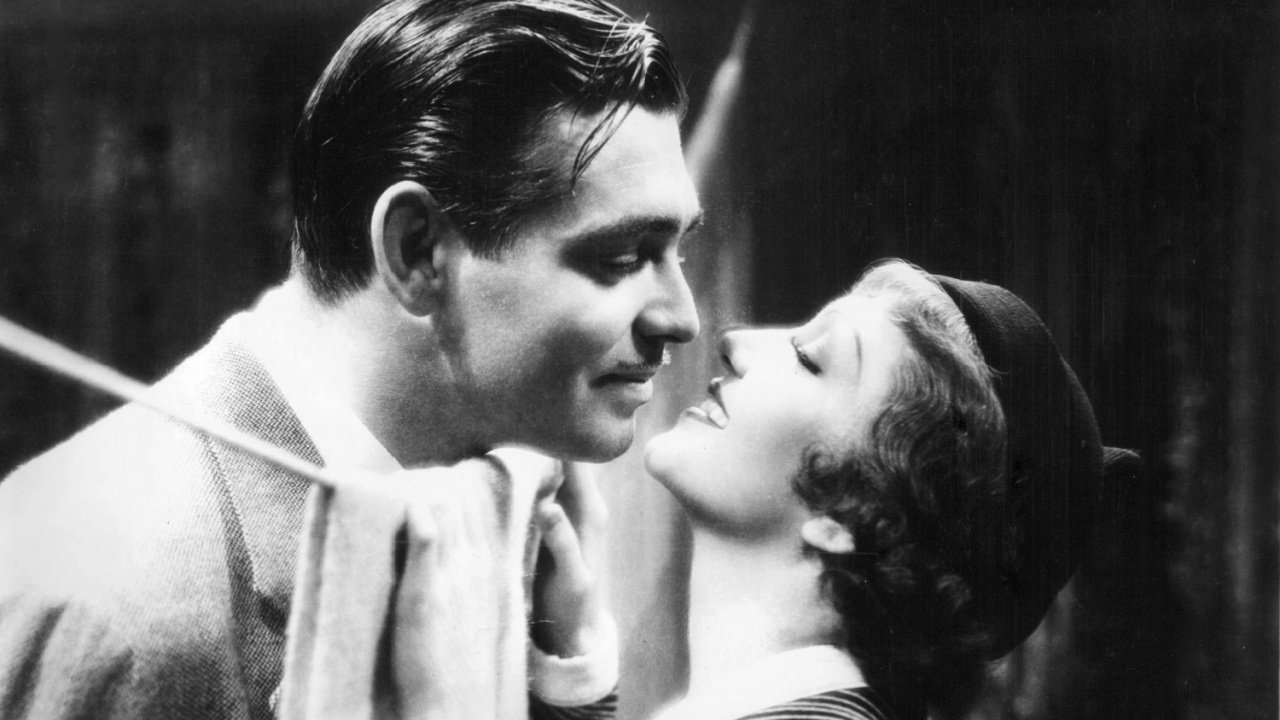
It Happened One Night (1934)
Frank Capra’s It Happened One Night won all five categories for which it was nominated at the 7th Academy Awards, including Best Picture, Best Director, Best Actor (Clark Gable), Best Actress (Claude Colbert), and Best Adaptation. No wonder it’s still considered one of the best romantic comedies ever made.
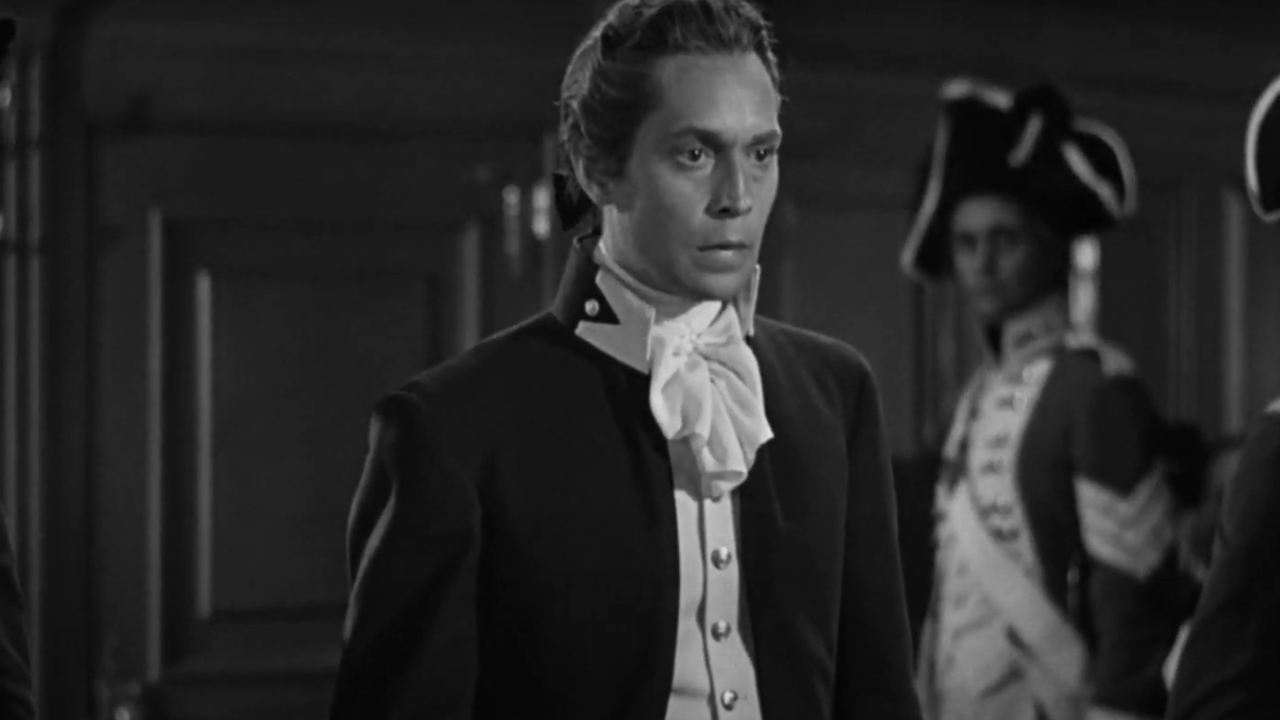
Mutiny On The Bounty (1935)
We don’t see too many swashbuckling adventures winning the Oscar for Best Picture these days, but it was a different story in 1935 when Mutiny on the Bounty took the top prize. This adventurous seafaring drama follows a crew of sailors led by Fletcher Christian (Clark Gable) as they depose their tyrannical captain and deal with the consequences.
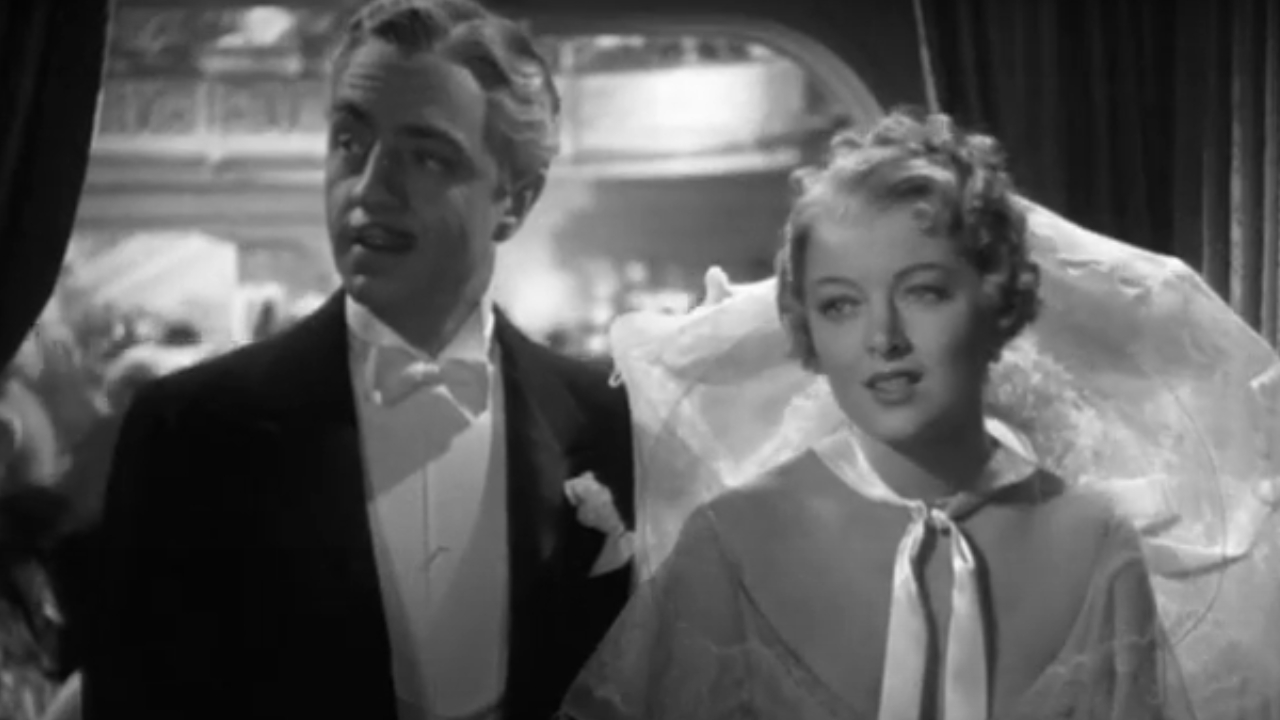
The Great Ziegfeld (1936)
We’ve seen several biopics take home the Best Picture award over the years, including The Great Ziegfeld, Robert Z. Leonard’s 1936 musical drama about Florenz Ziegfeld Jr. (William Powell) as the young theater producer makes a name for himself.
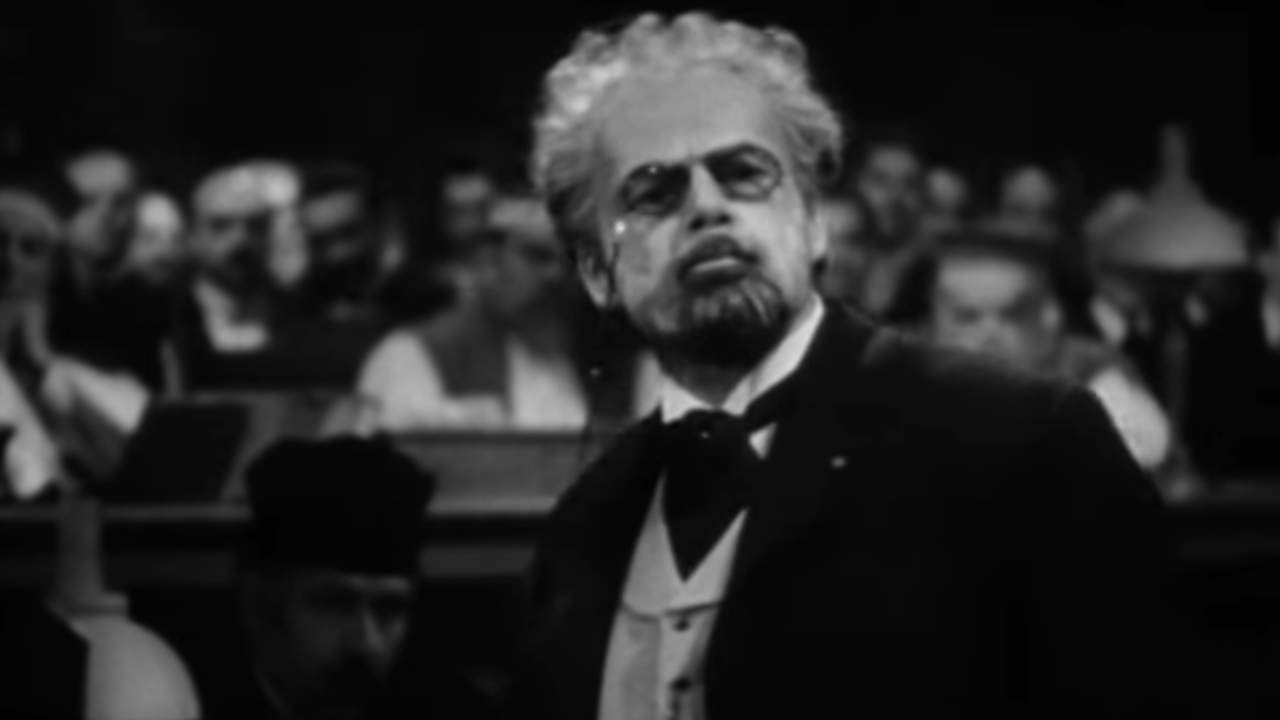
The Life Of Emile Zola (1937)
One of the best courtroom dramas of all time, The Life of Emile Zola follows Paul Muni’s titular author as finds new meaning in life after hearing of a victim of anti-semitism and dedicating his life and career to standing against hate. However, the plan isn’t without its own issues.
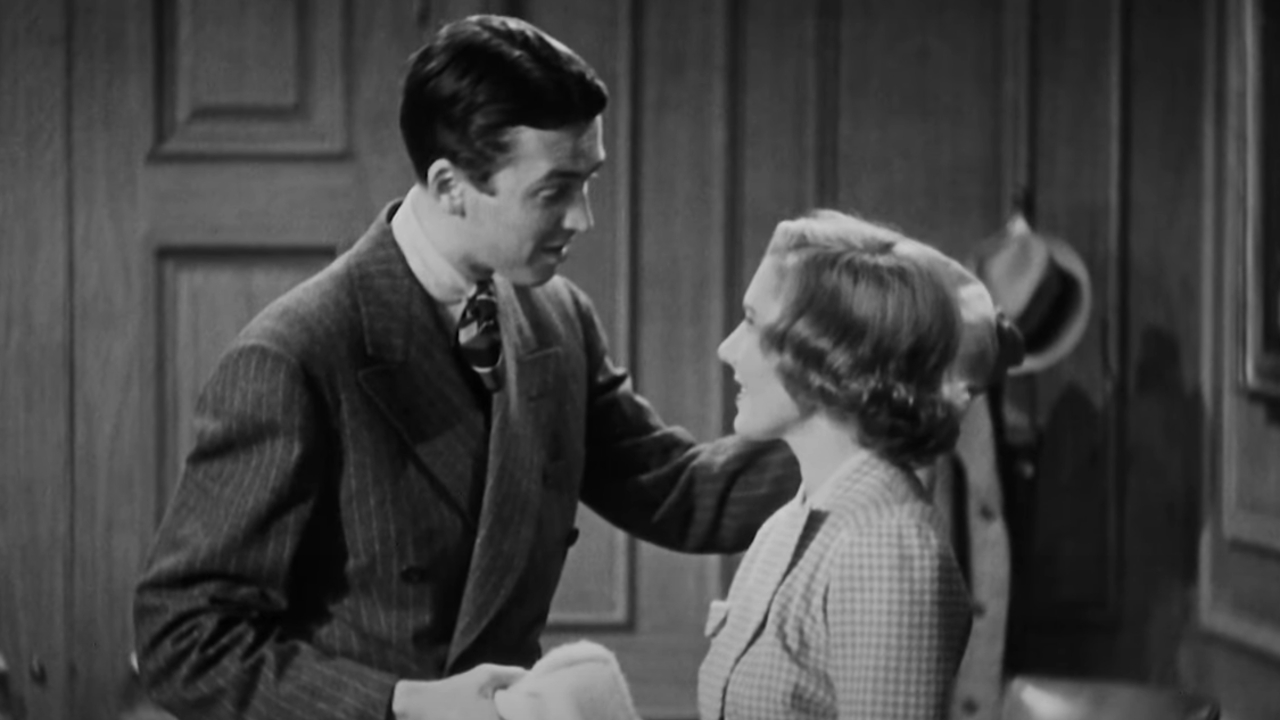
You Can’t Take It With You (1938)
Frank Capra’s You Can’t Take It with You, a satirical romantic comedy starring Jean Arthur, Lionel Barrymore, and a young James Stewart, has a little bit of everything from laughs to romance to drama to social commentary. Oh, and it won Best Picture on top of that.
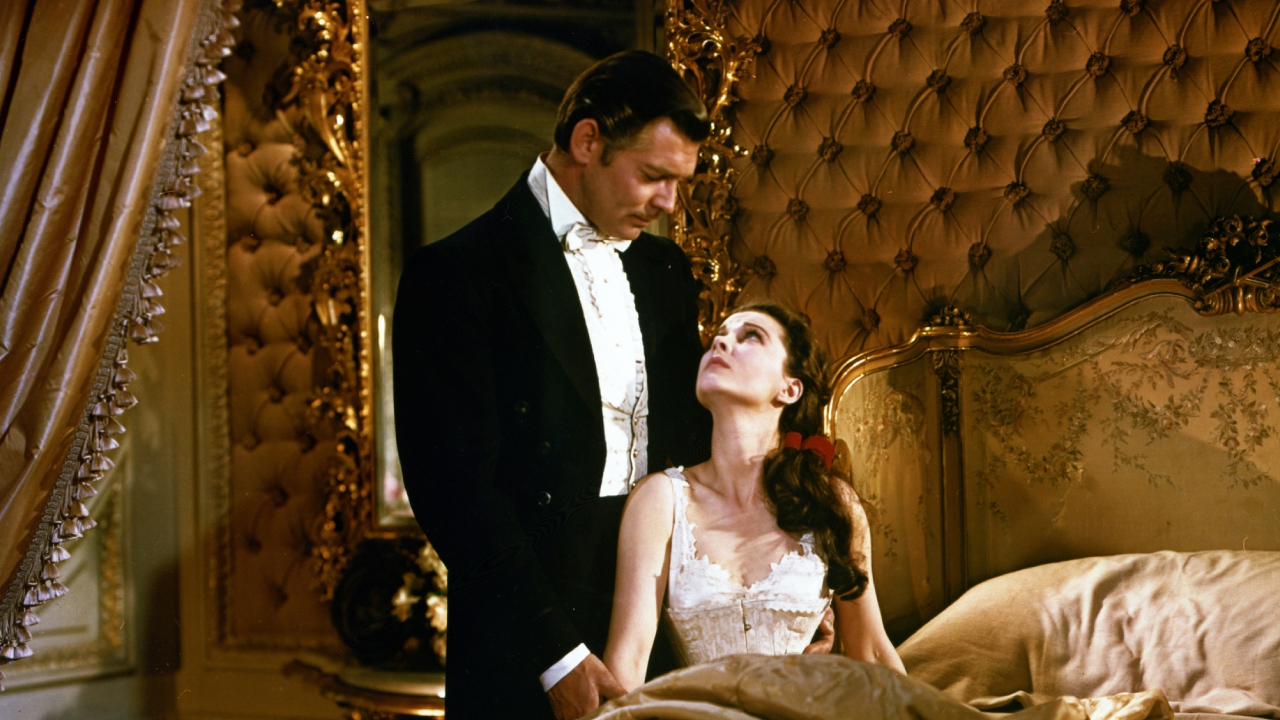
Gone With The Wind (1939)
One of the most well-known and controversial films ever made, Victor Fleming’s epic historical romance story about Scarlett O’Hara (Vivien Leigh) and Rhett Butler (Clark Gable) finding meaning in the madness of the Civil War and its aftermath won Best Picture and nine other Oscars at the 12th Academy Awards.
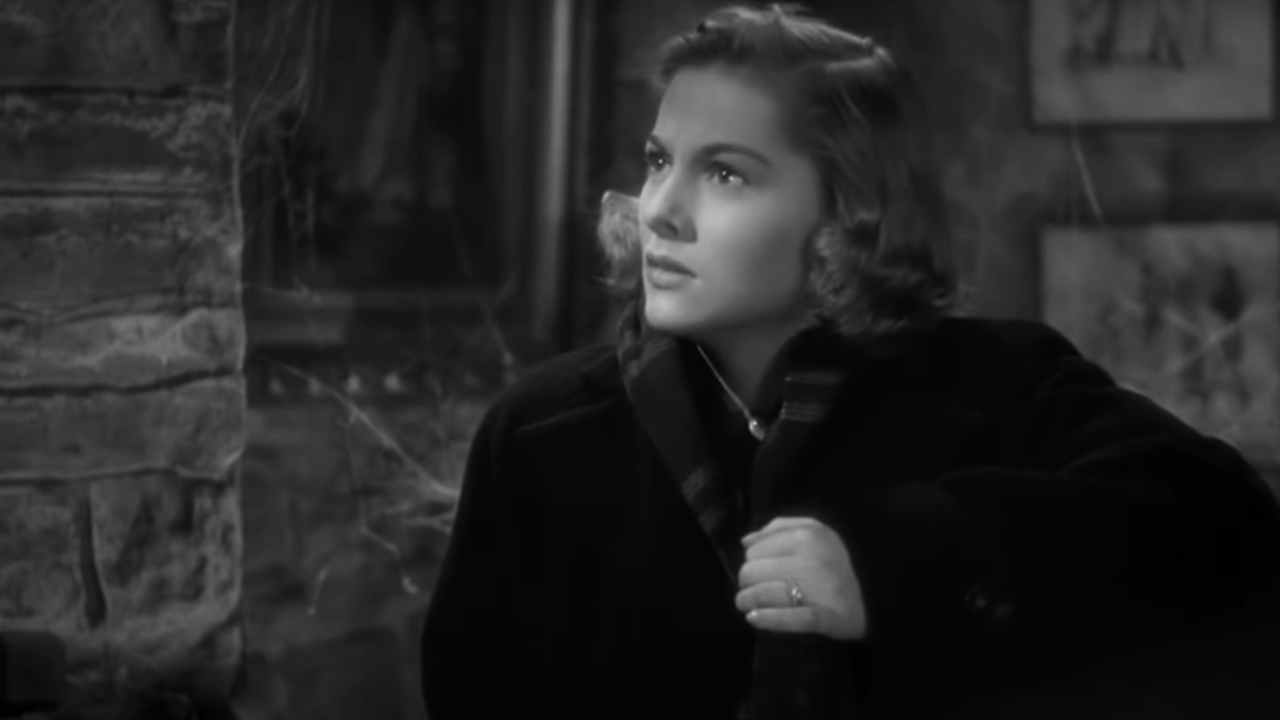
Rebecca (1940)
Alfred Hitchcock became the first director to try their hand at adapting Daphne du Maurier’s Rebecca, and considering the film took home the Oscar for Best Picture at the 13th Academy Awards, it was a worthy effort.
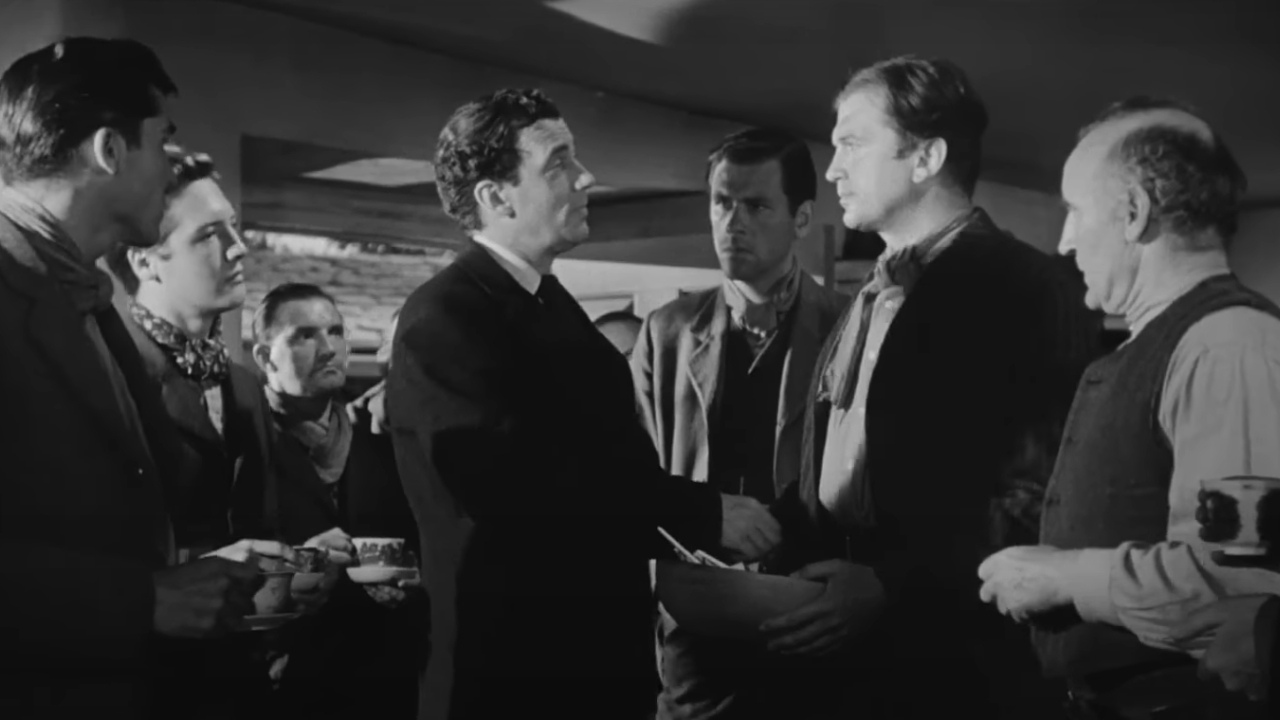
How Green Was My Valley (1941)
Set during the late Victorian Era, How Green Was My Valley follows the tight-knit and hard-working Morgan family as they navigate life as miners in the South Wales Valleys. One of John Ford’s best efforts (which is saying something), this Best Picture winner will test you in every way.
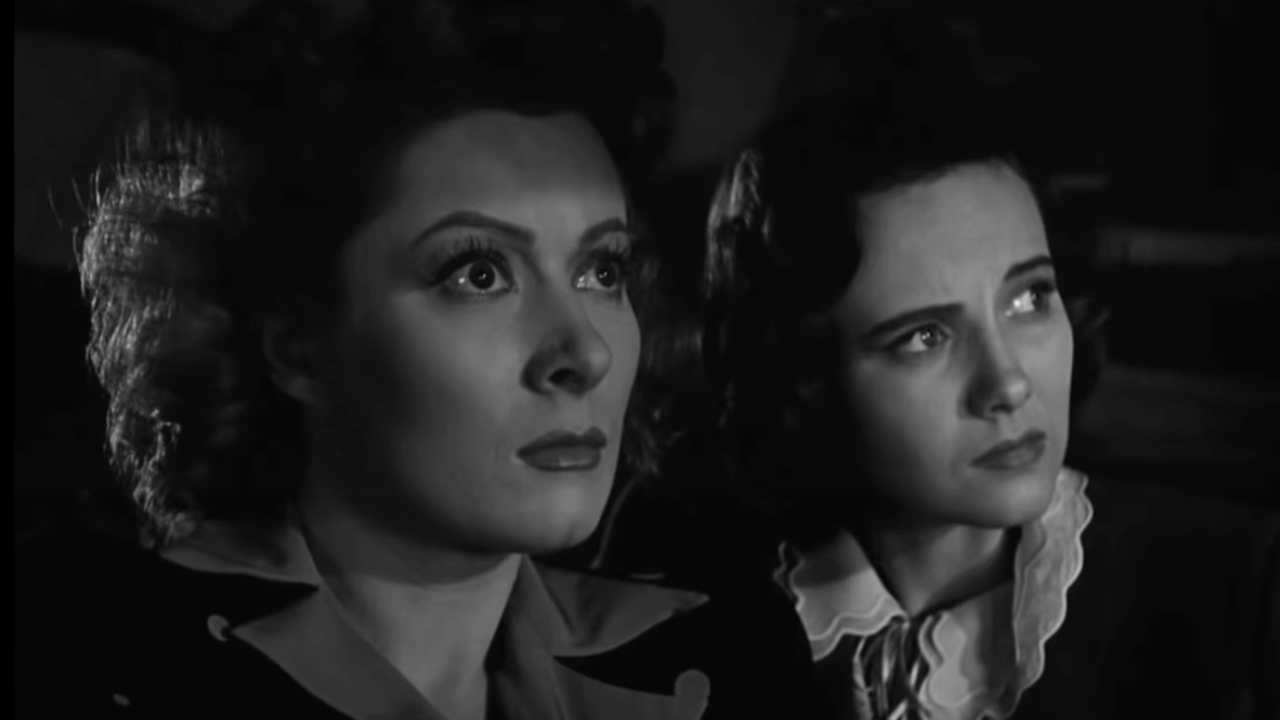
Mrs. Miniver (1942)
Though not your average World War II movie, Mrs. Miniver is a worthy addition to the list nonetheless. Set during the height of the global conflict, this Best Picture winner follows an English family as they learn to cope and live with the fear and decimation brought on by war.
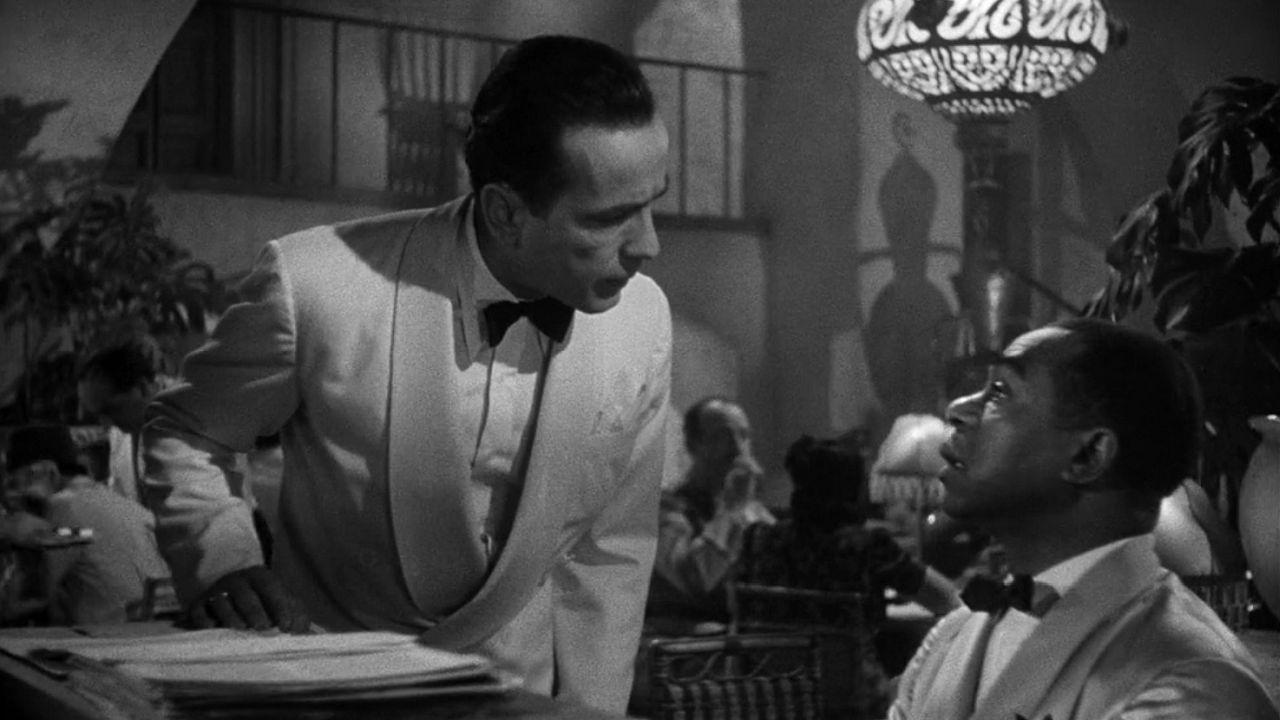
Casablanca (1943)
One of the most iconic and quotable movies of all time, there was no way Casablanca wasn’t going to win the Best Picture upon its release. The story of a washed-up expat (played by Humphrey Bogart) as he helps a former lover (played by Ingrid Bergman) and her fiance escape Nazi-controlled Morocco never gets old.
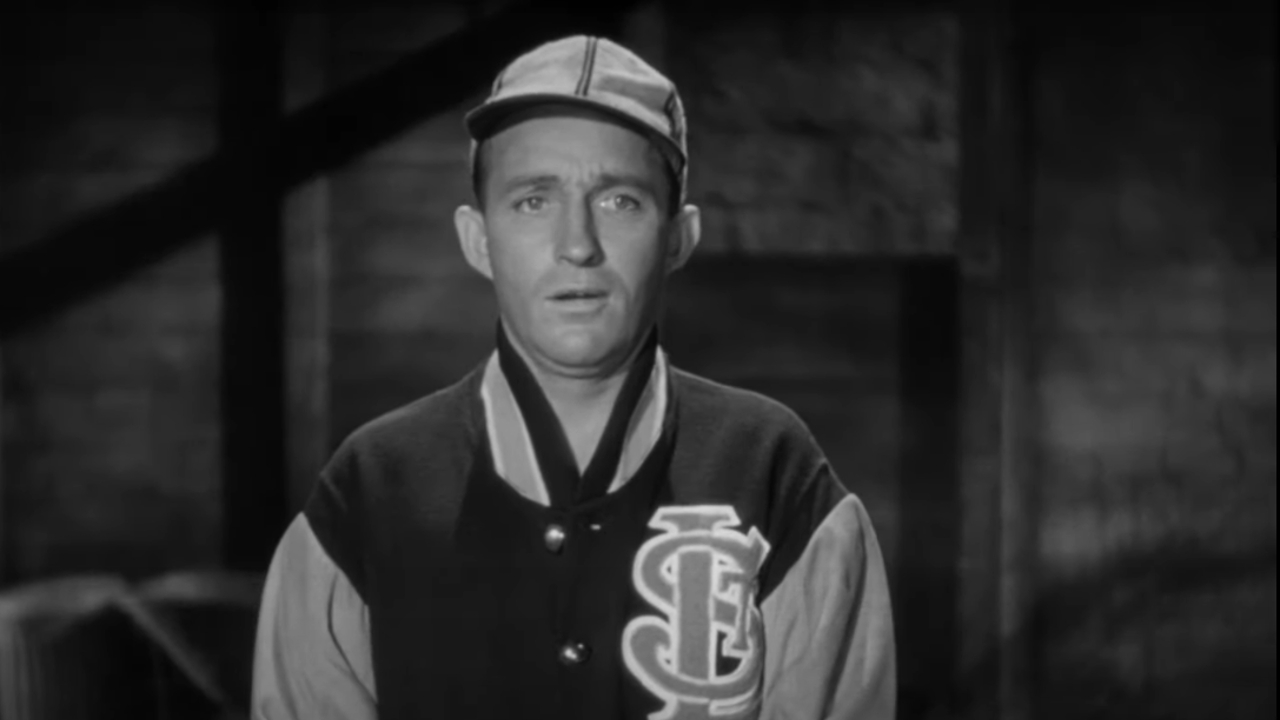
Going My Way (1944)
Led by the late, great Bing Crosby, Going My Way tells a splendid story of a young priest as he attempts to make sense out of life while also inspiring the boys in his impoverished and tough-as-nails parish to form a choir and make something of themselves.
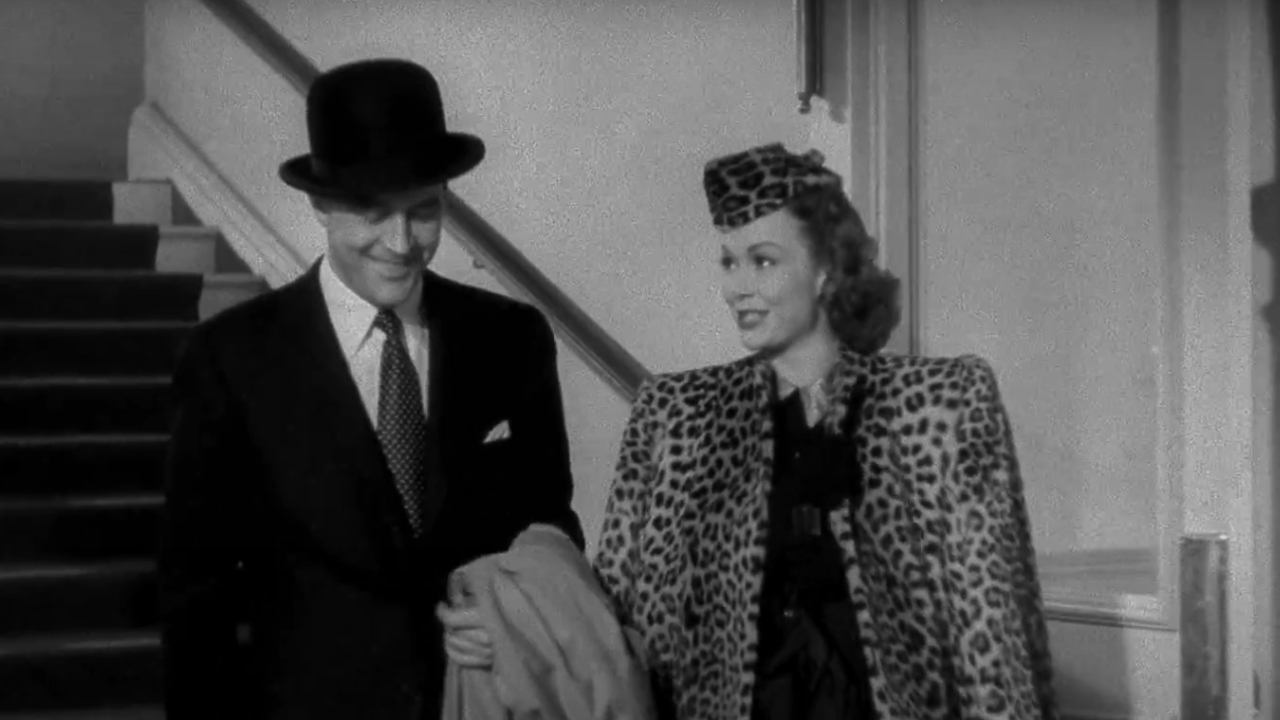
The Lost Weekend (1945)
Billy Wilder’s The Lost Weekend, one of the best additions to the film noir genre, might be one of the darkest movies to ever win Best Picture, but don’t let that stop you from checking out this must-watch thriller starring Ray Milland and Jane Wyman.
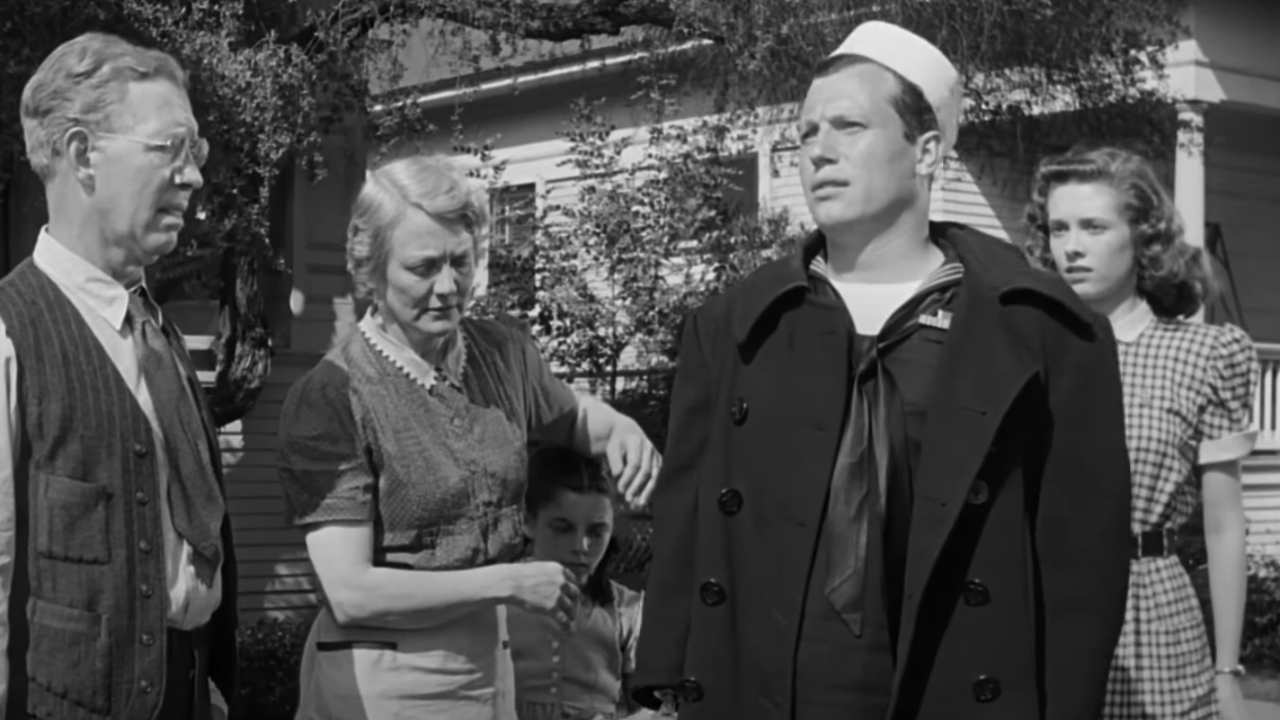
The Best Years Of Our Lives (1946)
One of the more harrowing war films ever released, The Best Days of Our Lives doesn’t shy away from the terrible nature of armed combat and how some soldiers never fully leave the battlefield, even long after the final shot has been fired.
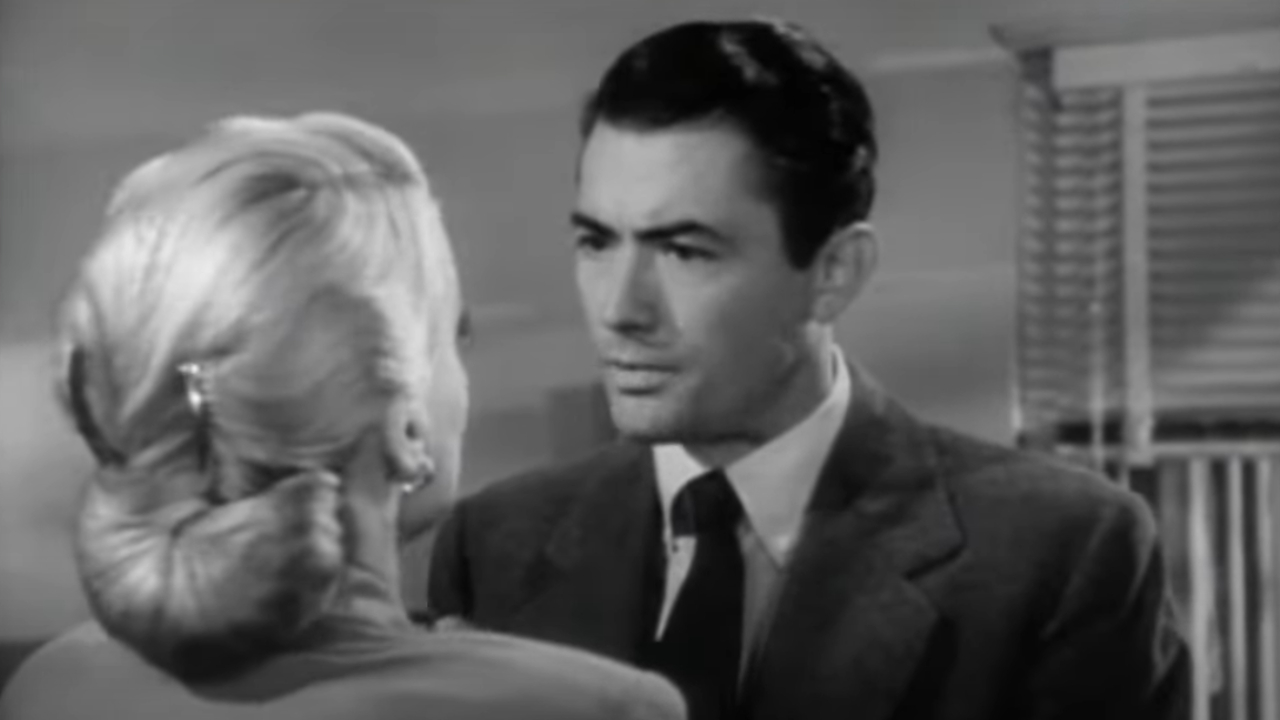
Gentleman’s Agreement (1947)
Gregory Peck had countless great movie performances over the years, and one of the best was in Elia Kazan’s 1947 drama, Gentleman’s Agreement. A young Peck plays a journalist who goes undercover to expose antisemitism in New York’s elite masterfully here.
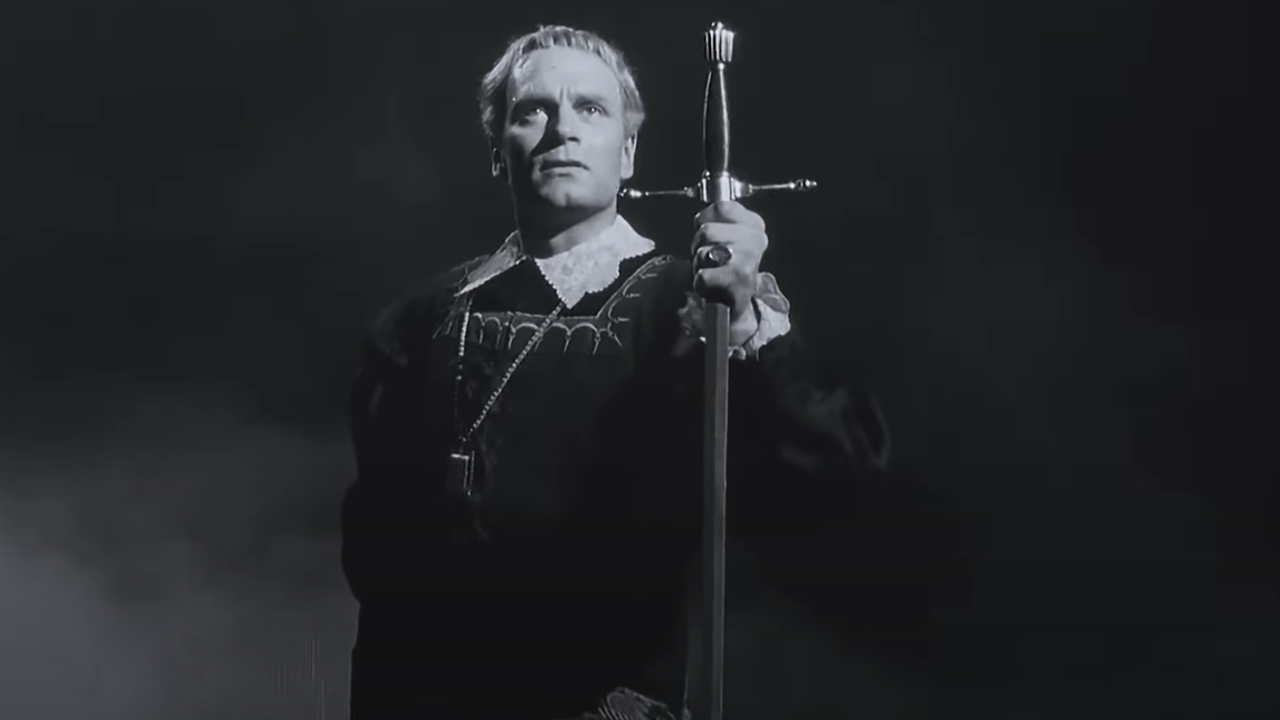
Hamlet (1948)
In addition to winning an Oscar for Best Costume Design, Hamlet also took home the Best Picture prize at the 21st Academy Awards. Laurence Olivier’s adaptation of William Shakespeare's beloved play remains one of the best all these years later.
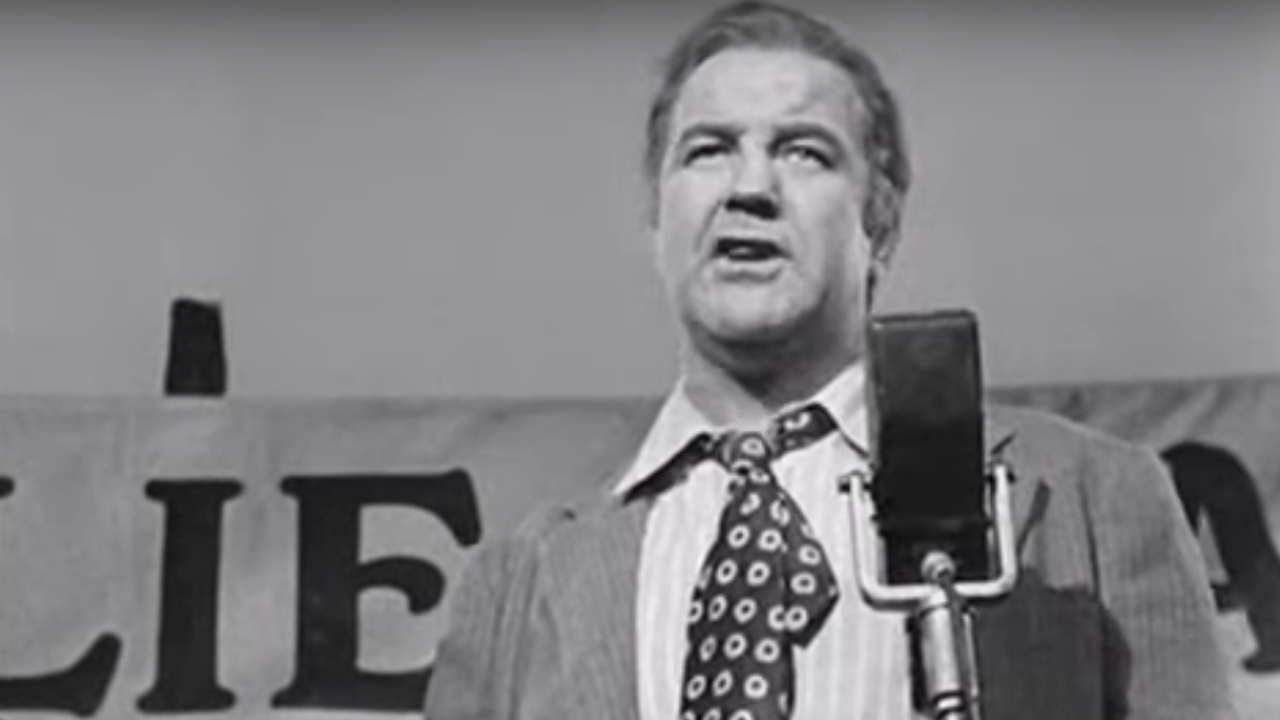
All The King’s Men (1949)
Inspired by the life and death of Louisiana Governor Huey P. Long, All the King’s Men chronicled the rise and fall of southern politician Willie Stark (Broderick Crawford), and was rewarded handsomely for its riveting and dramatic story. Robert Rossen’s film won three Oscars, including Best Picture.
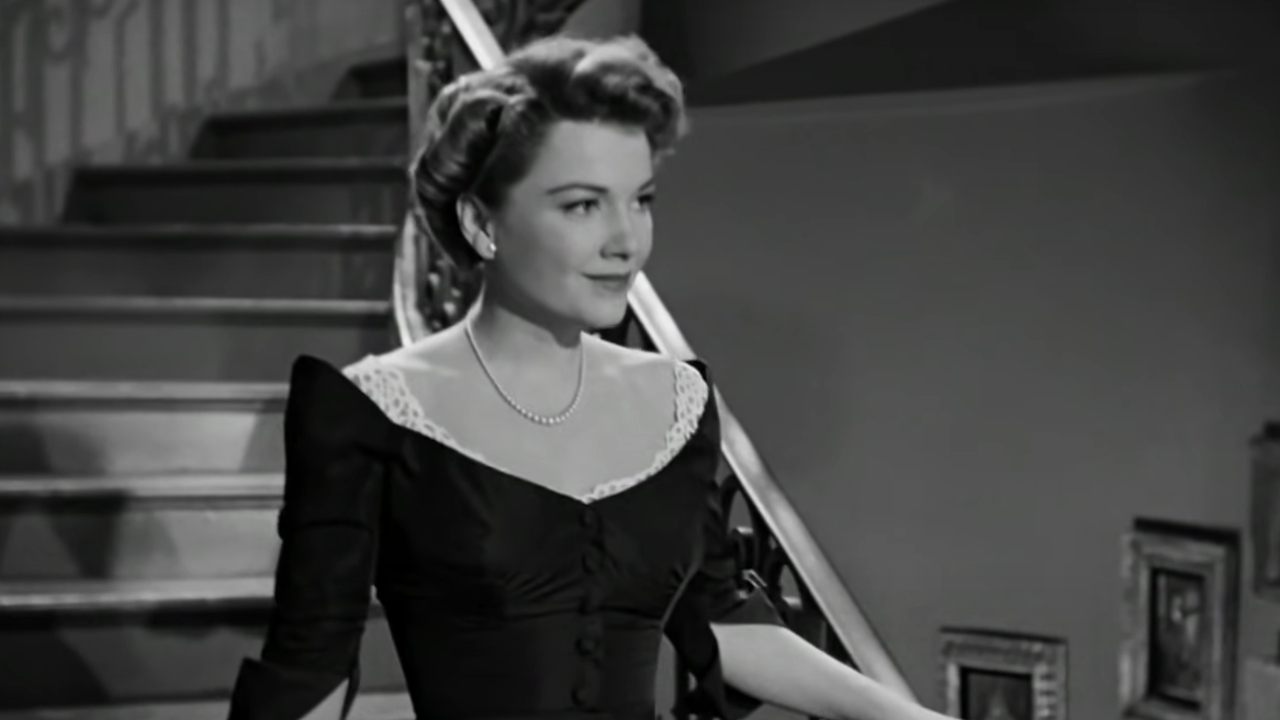
All About Eve (1950)
Joseph L. Mankiewicz’s thrilling drama, All About Eve centers on an aspiring and scheming actress (played by Anne Baxter) as befriends and takes advantage of an aging Broadway star (Bette Davis) to further propel her career. Backstabbing, politicing, and incredible style make this Best Picture winner one for the ages.
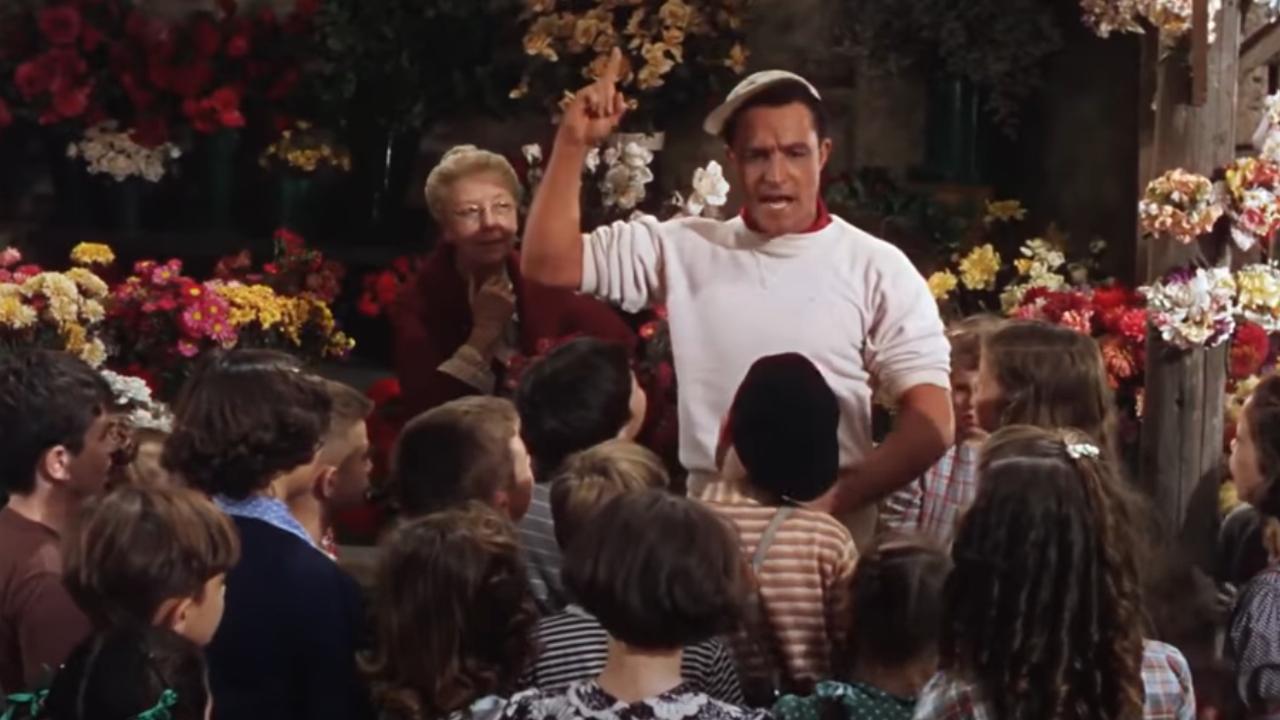
An American In Paris (1951)
One of the most famous musicals ever made, An American in Paris is one of those movies you can watch, twice, or a million times without growing tired of its story about an expat (played by Gene Kelly) as he starts a new life in France, which is a long way of saying it’s a tremendous piece of art.
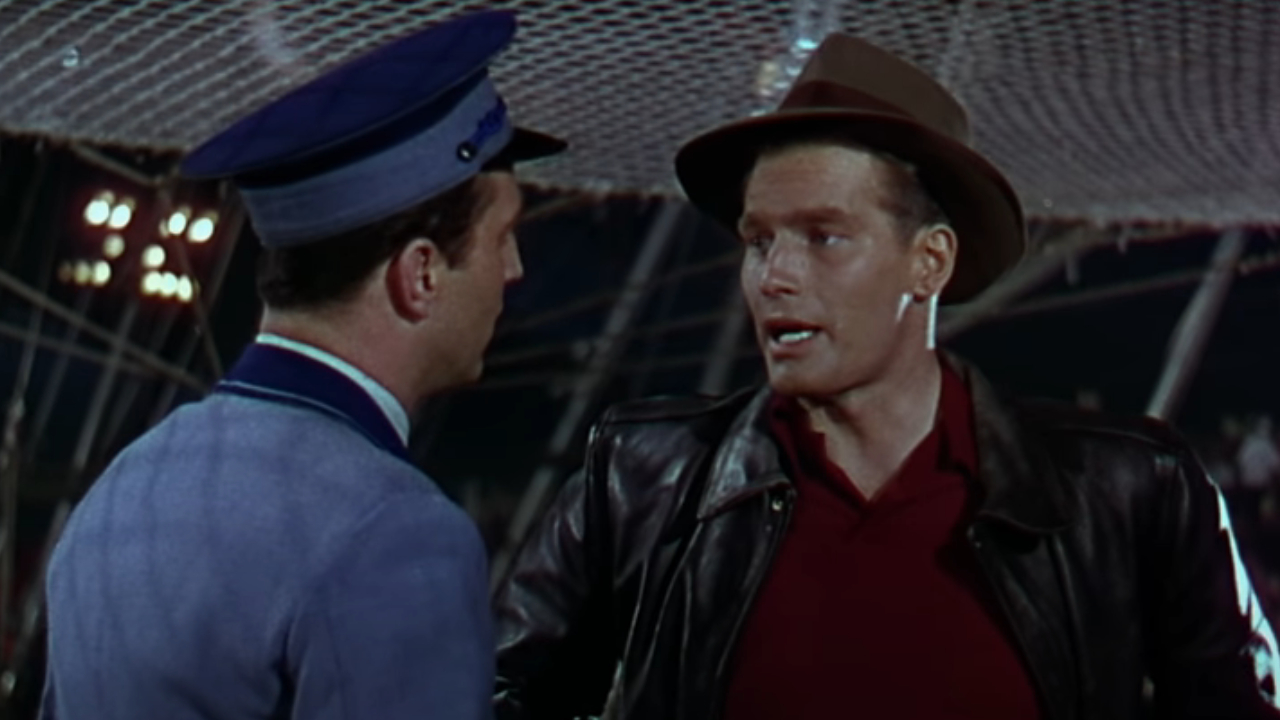
The Greatest Show On Earth (1952)
Cecil B. DeMille’s The Greatest Show on Earth is one of those movies that’s always fun to revisit because of its cast (James Stewart and Charlton Heston) are two of its top stars), incredible circus sequences, and a certain train crash scene that is just as epic today as it was 60-plus years ago.
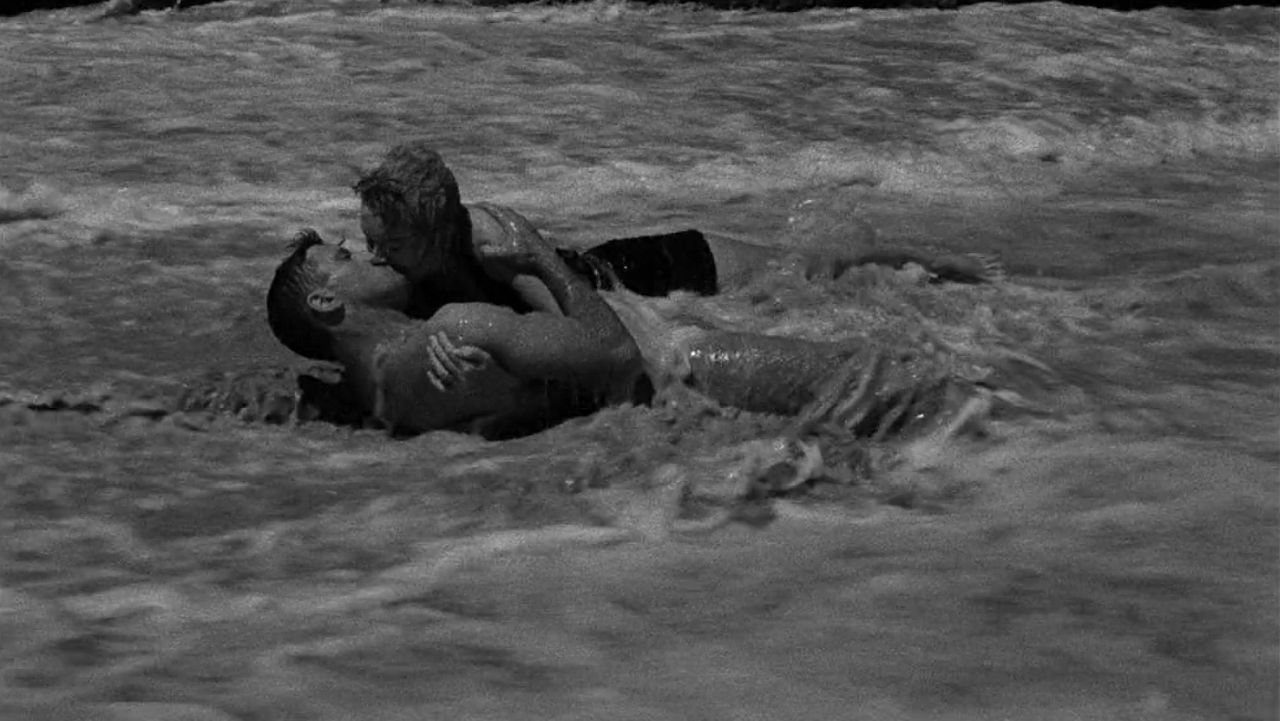
From Here To Eternity (1953)
Fred Zinnemann’s From Here to Eternity has a little something for everyone including action, drama, romance, and an intense war story. Perhaps this is why the Burt Lancaster, Montgomery Clift, and Frank Sinatra-led Oscar Winner is so beloved years later.
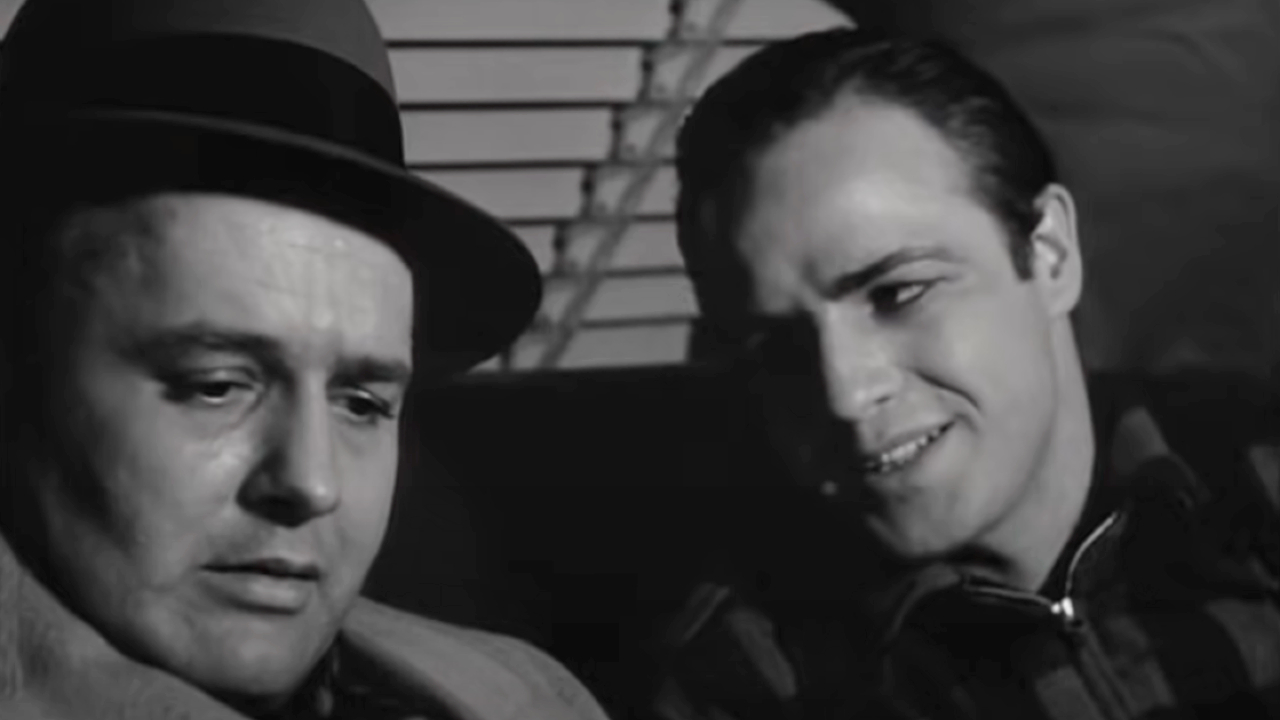
On The Waterfront (1954)
The “coulda been a contender” speech in On the Waterfront was enough to earn Marlon Brando a Best Actor Oscar and was certainly more than enough to win the Best Picture trophy at the 27th Academy Awards.
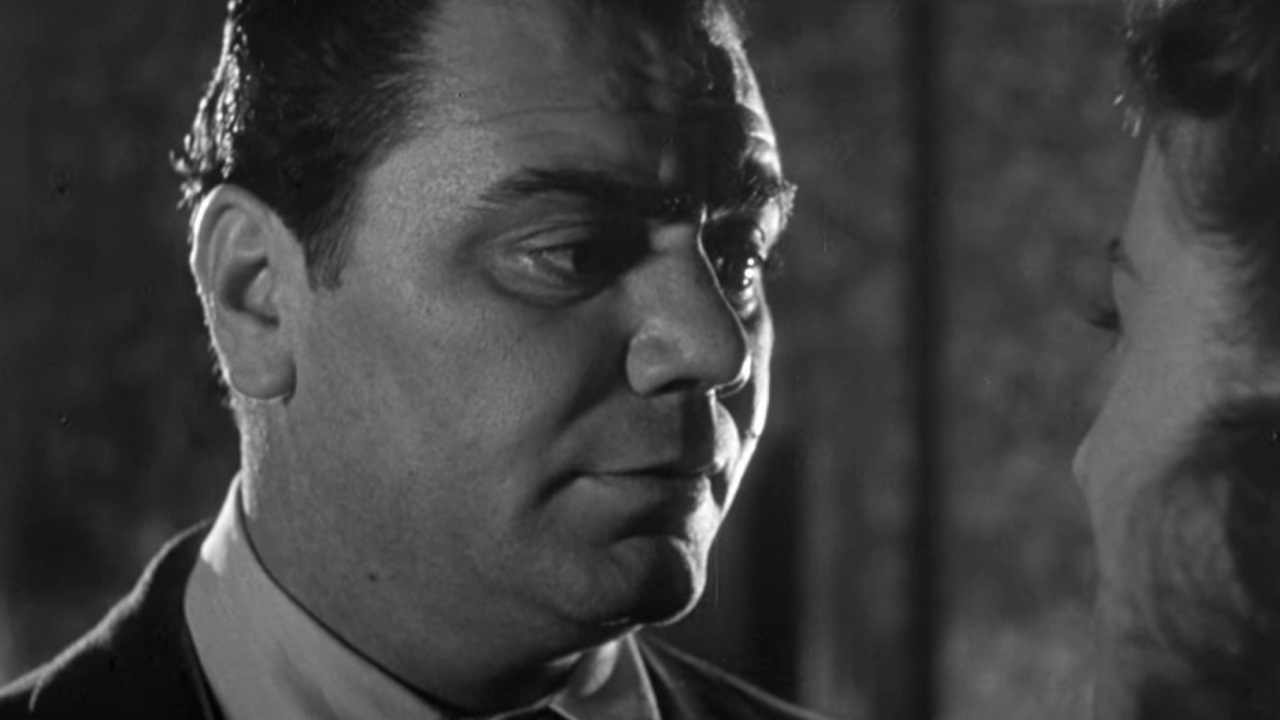
Marty (1955)
Ernest Borgnine and Besty Blair play unlikely romantic partners in Marty, a 1955 drama about the complicated lives of New Yorkers who will do anything and everything to find true love in the maddening world.
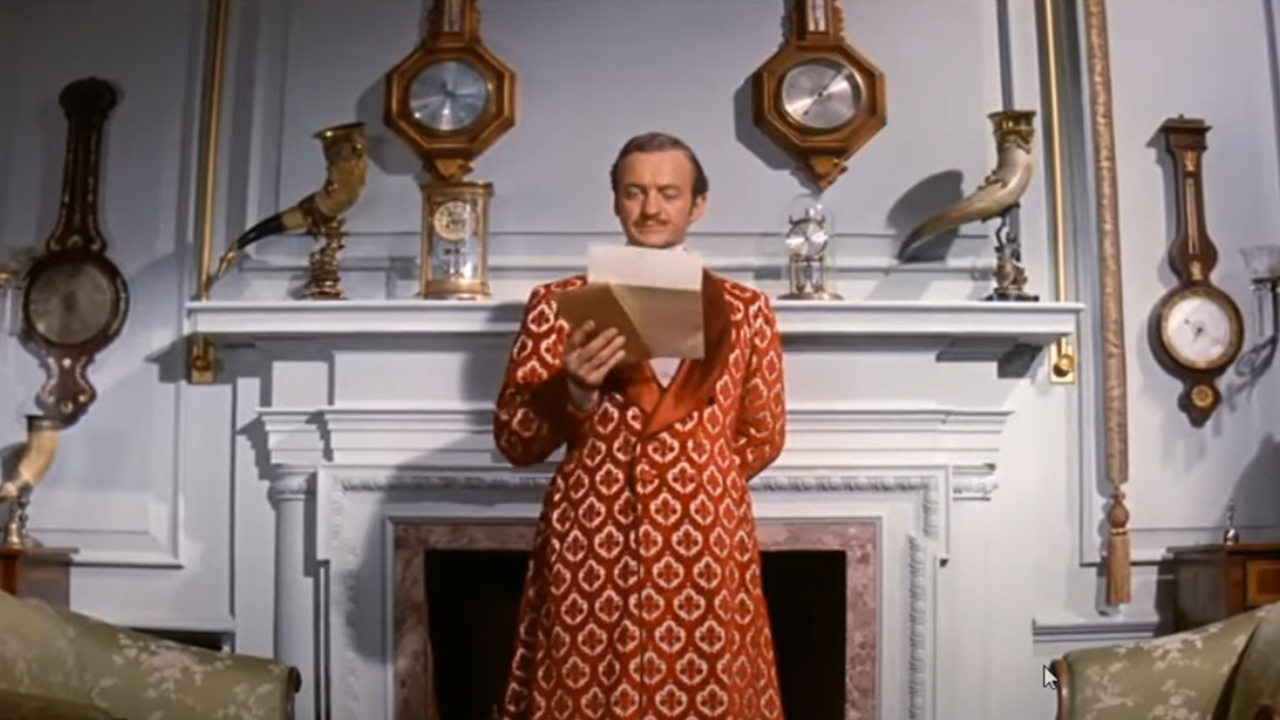
Around The World In 80 Days (1956)
In 1956, Michael Anderson transformed a classic Jules Verne novel into one of the funniest, most adventurous, and eye-catching films of the 20th century with his adaptation of Around the World in 80 Days. It was a booming success as it took home Best Picture and numerous other Oscars.
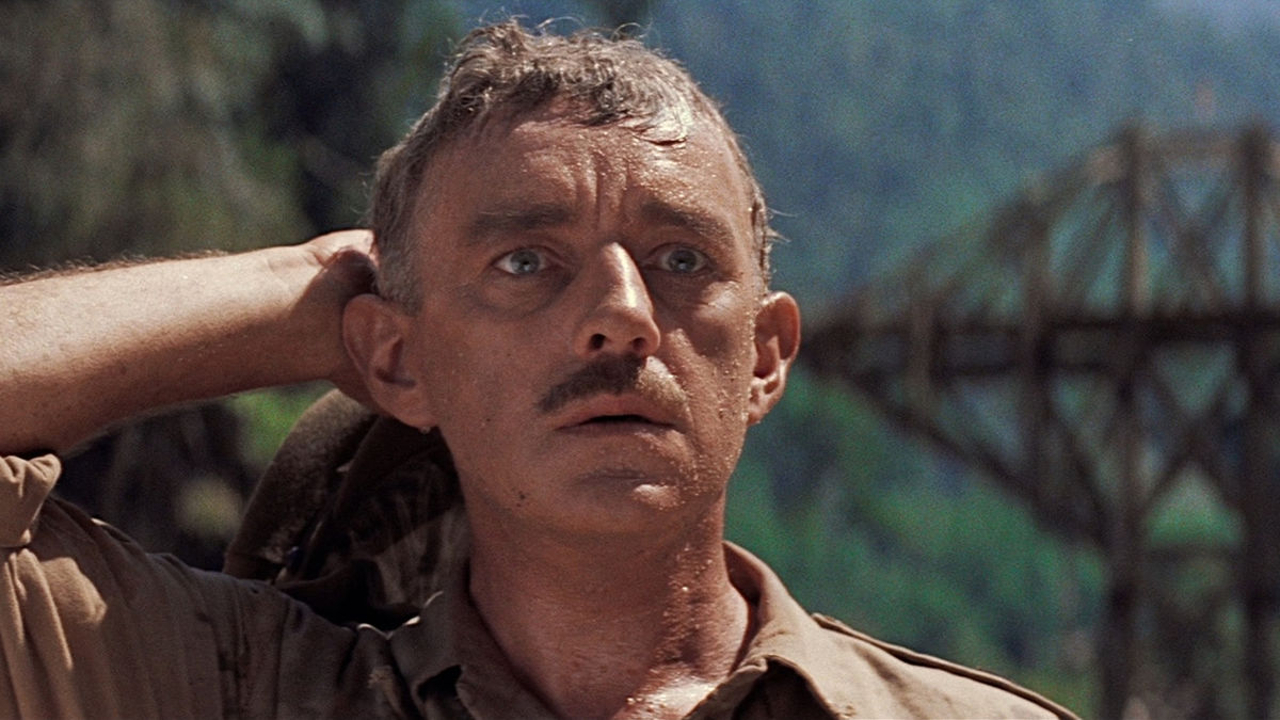
The Bridge On The River Kwai (1957)
When it comes to World War II movies about POWs attempting to overcome seemingly impossible tasks, The Bridge on the River Kwai is one of the best to do it. Winner of seven Oscars, including Best Picture, this star-studded adventure film brings a lot to the table.
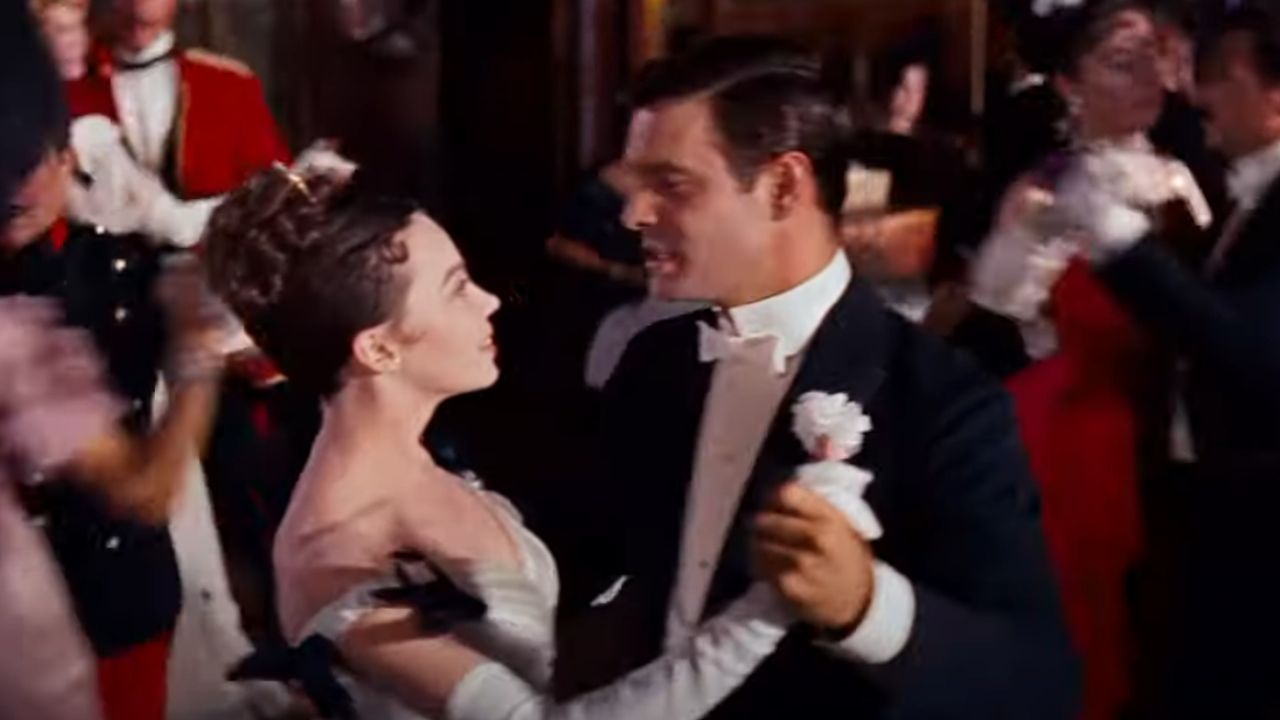
Gigi (1958)
Directed by the late, great Vincente Minnelli, the 1958 musical, Gigi, features swirling musical numbers, and an all-time friends-to-lovers story with its tale about a Parisian playboy (played by Louis Jourdan) trying to change his ways and become the one and only for the young and precious courtesan-in-training (played by Leslie Caron).
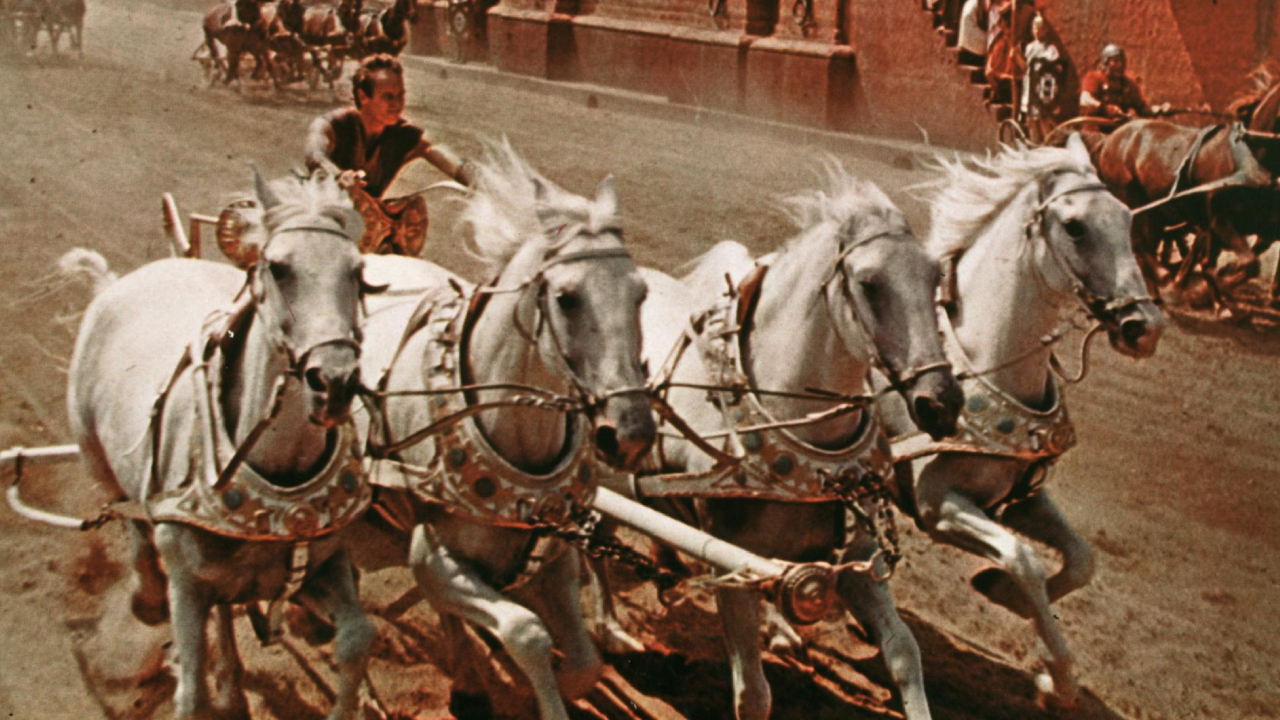
Ben-Hur (1959)
Willian Wyler’s larger-than-life period drama, Ben-Hur, is one of those movies people mostly remember for one scene, which is the chariot race in the case of this 1959 epic. The rest of the movie is just as intense and fun to watch, which explains the Best Picture win.
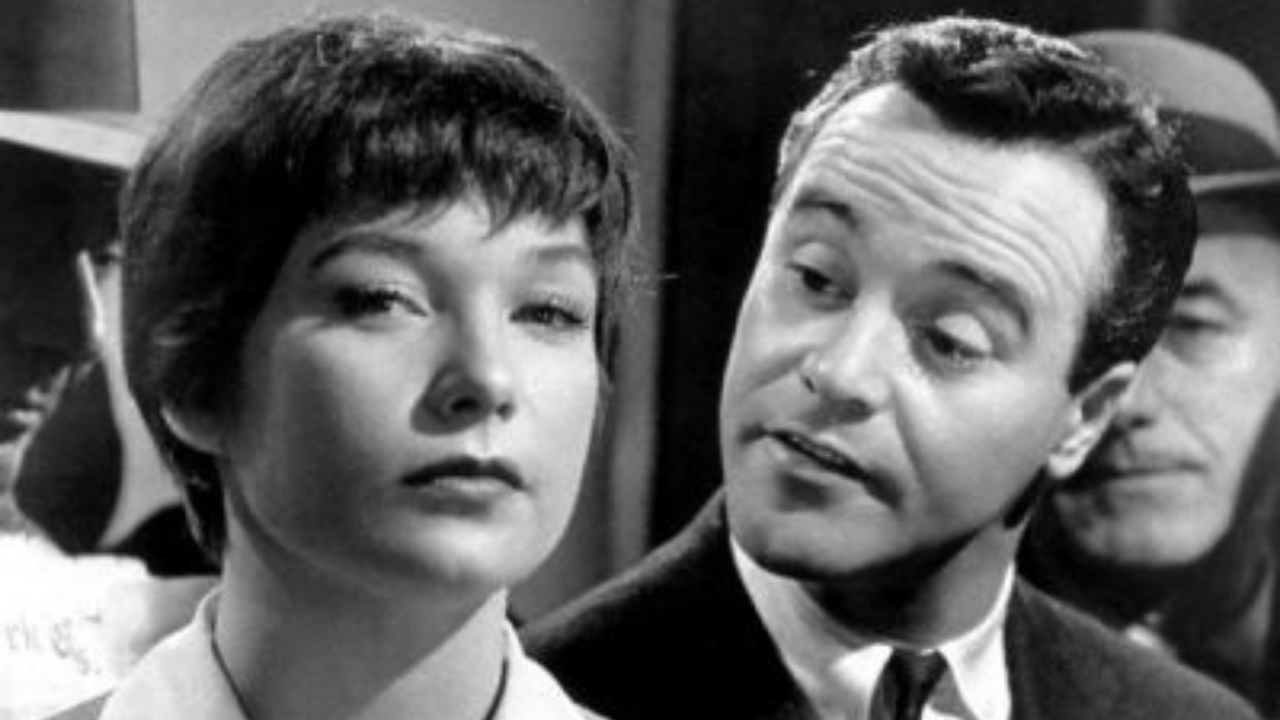
The Apartment (1960)
When Billy Wilder and Jack Lemmon teamed up for 1960’s The Apartment, it was all but guaranteed that it would become a massive success and eventual winner of five Academy Awards, including Best Picture.
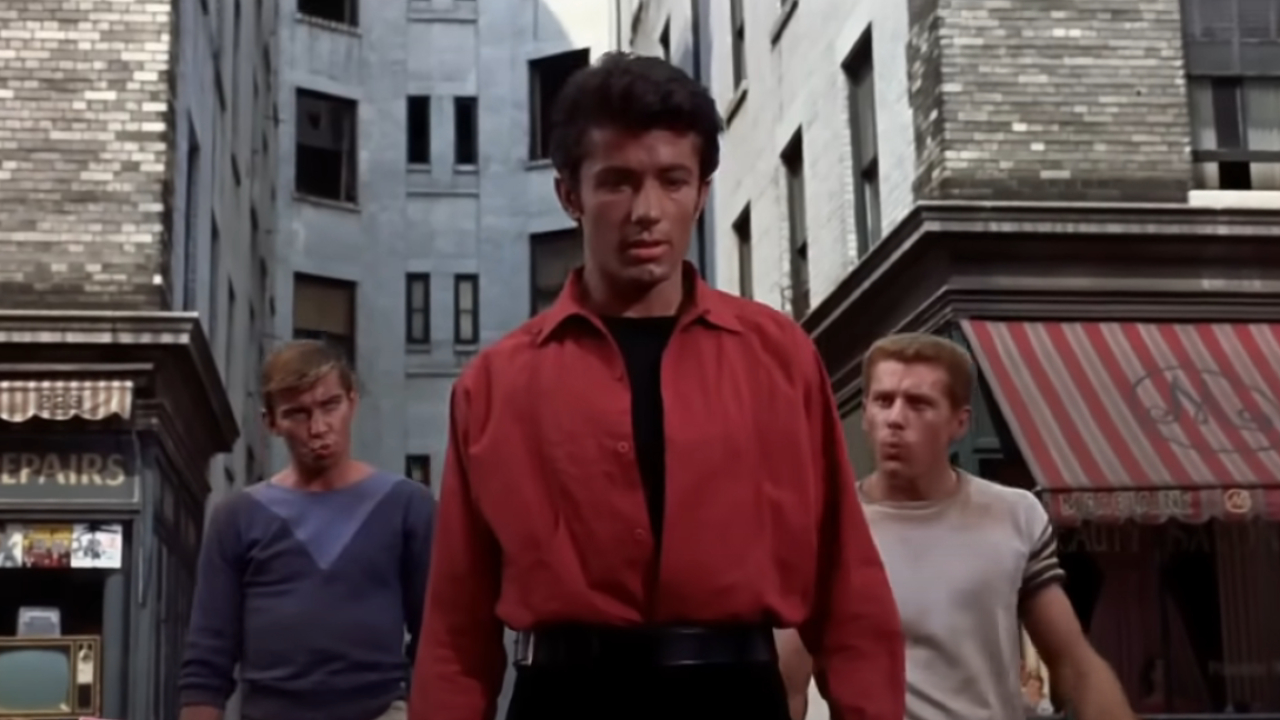
West Side Story (1961)
From the battles between the Jets and the Sharks to the swirling romance of lovers caught on opposing sides to over-the-top musical numbers, there’s so much to love about West Side Story. Academy voters must have felt the same way, as this 1961 gem won a total of 11 Oscars, including Best Picture.
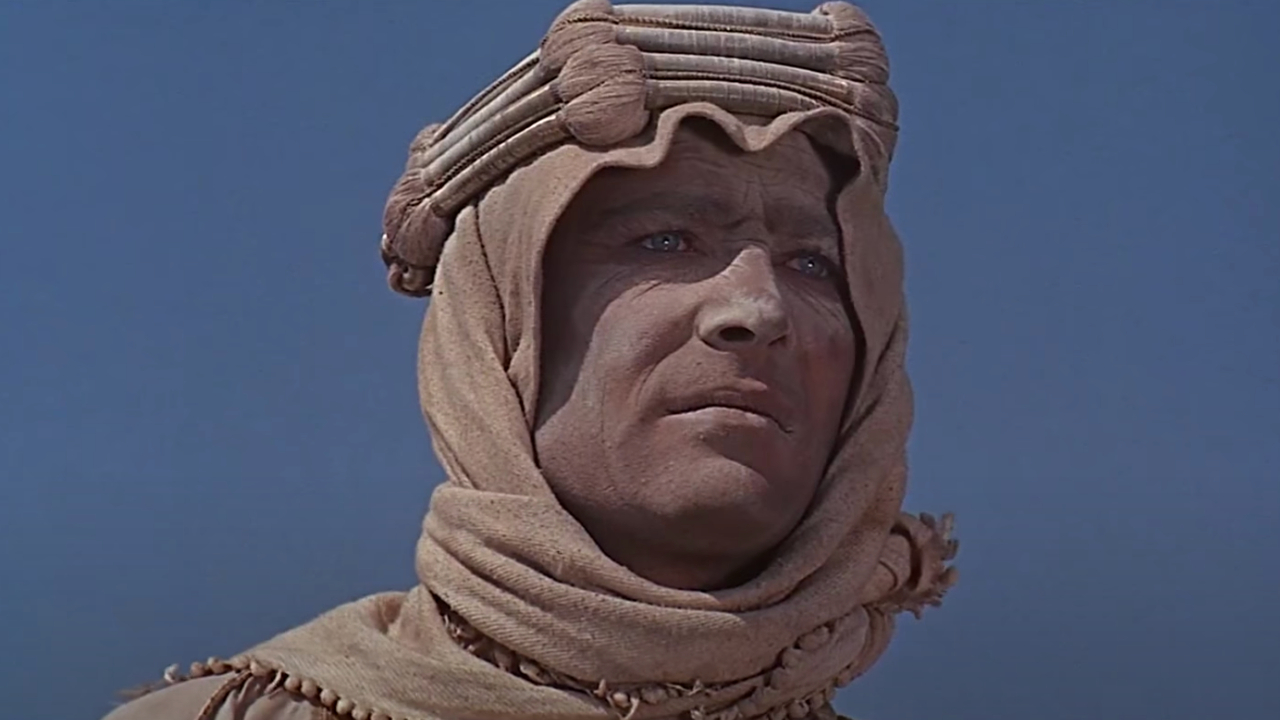
Lawrence Of Arabia (1962)
If you’re looking for proof that sometimes longer movies are better movies, Lawrence of Arabia is going to get the job done. Epic in just about every possible way, this four-hour biopic dives into the various stages of T.E. Lawrence’s (Peter O’Toole) life and just works. It works so well.
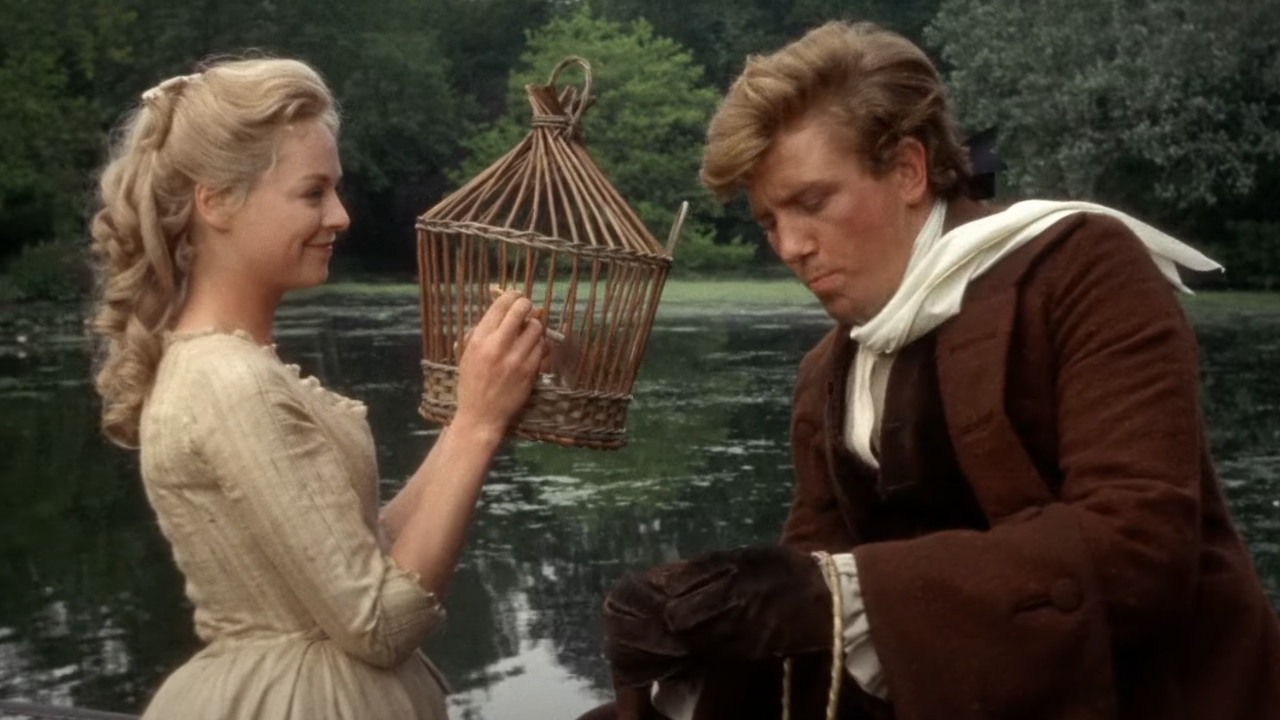
Tom Jones (1963)
In 1963, Tony Richardson turned his attention to Henry Fieldling’s novel Tom Jones and created one of the greatest and most endearing Best Picture winners of all time. With Albert Finney in the titular role, this landmark comedy is worthy of all praise.
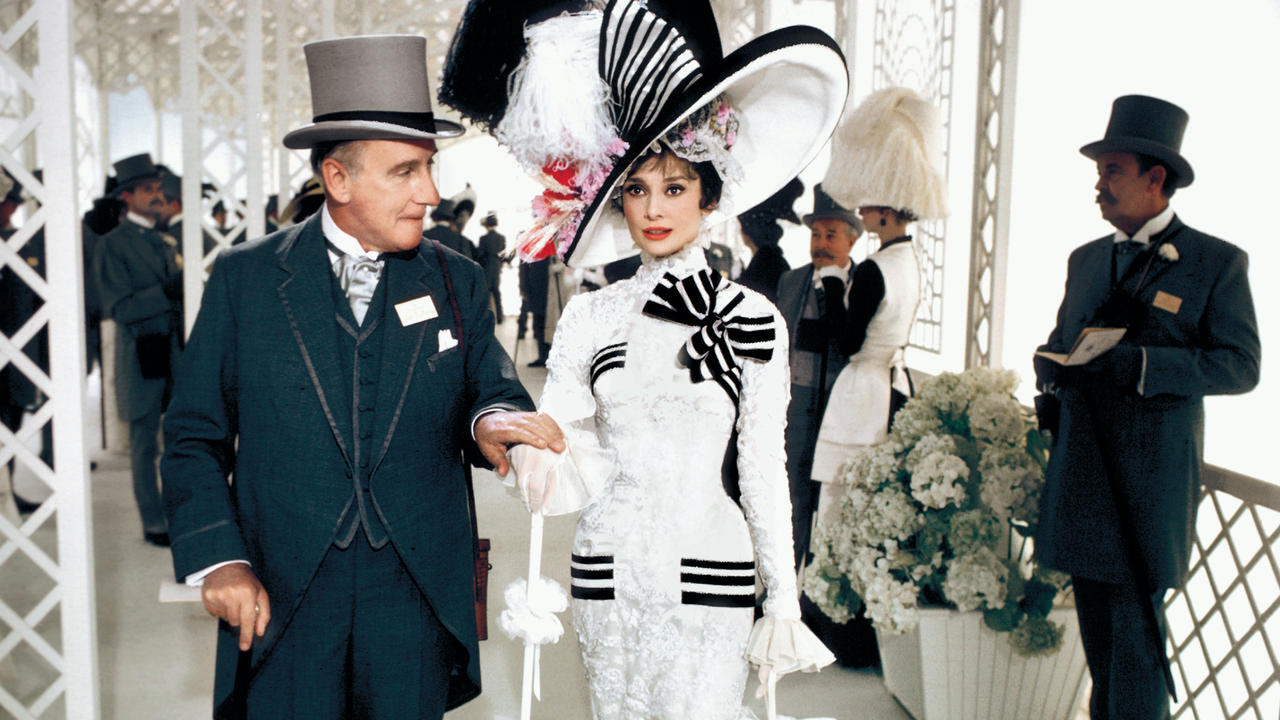
My Fair Lady (1964)
George Cukor’s 1964 adaptation of My Fair Lady is one of those cinematic masterpieces that just gets better with age. Audrey Hepburn, Rex Harrison, and the other actors appearing on screen make this comedy about two high society types trying to transform a beautiful yet uncivilized woman into a duchess oh so grand.
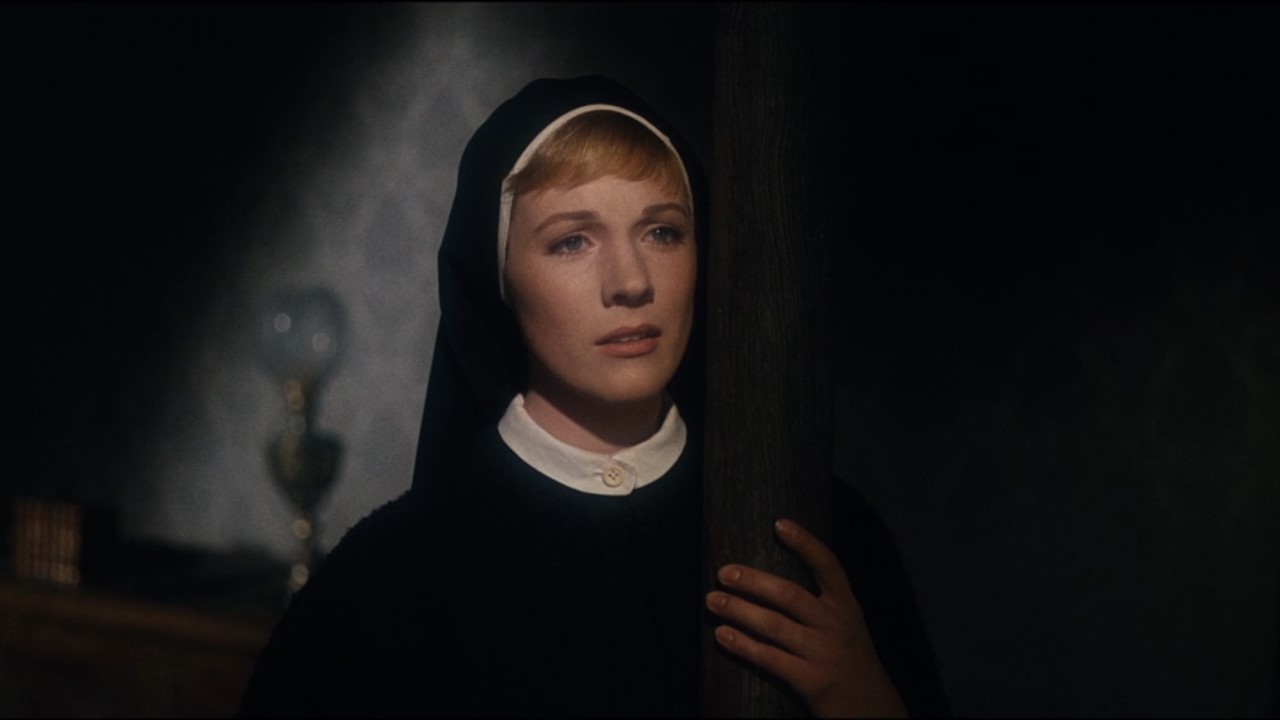
The Sound Of Music (1965)
Julie Andrews and Christopher Plummer helped make The Sound of Music not just one of the most iconic Best Picture winners of the ‘60s, but also one of the most cherished musicals of all time.
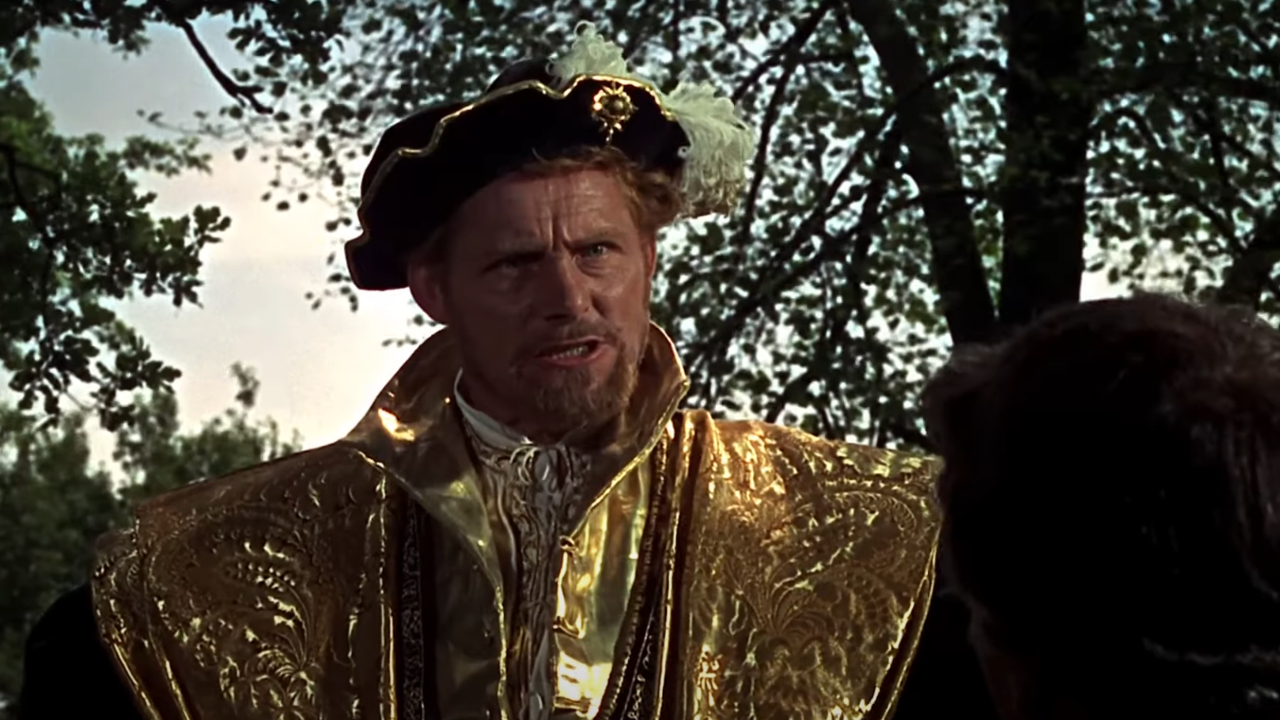
A Man For All Seasons (1966)
A Man for All Seasons takes the story of Sir Thomas More (Paul Scofield) going to war with the Catholic church over the concept of divorce and turns into an unforgettable cinematic experience.
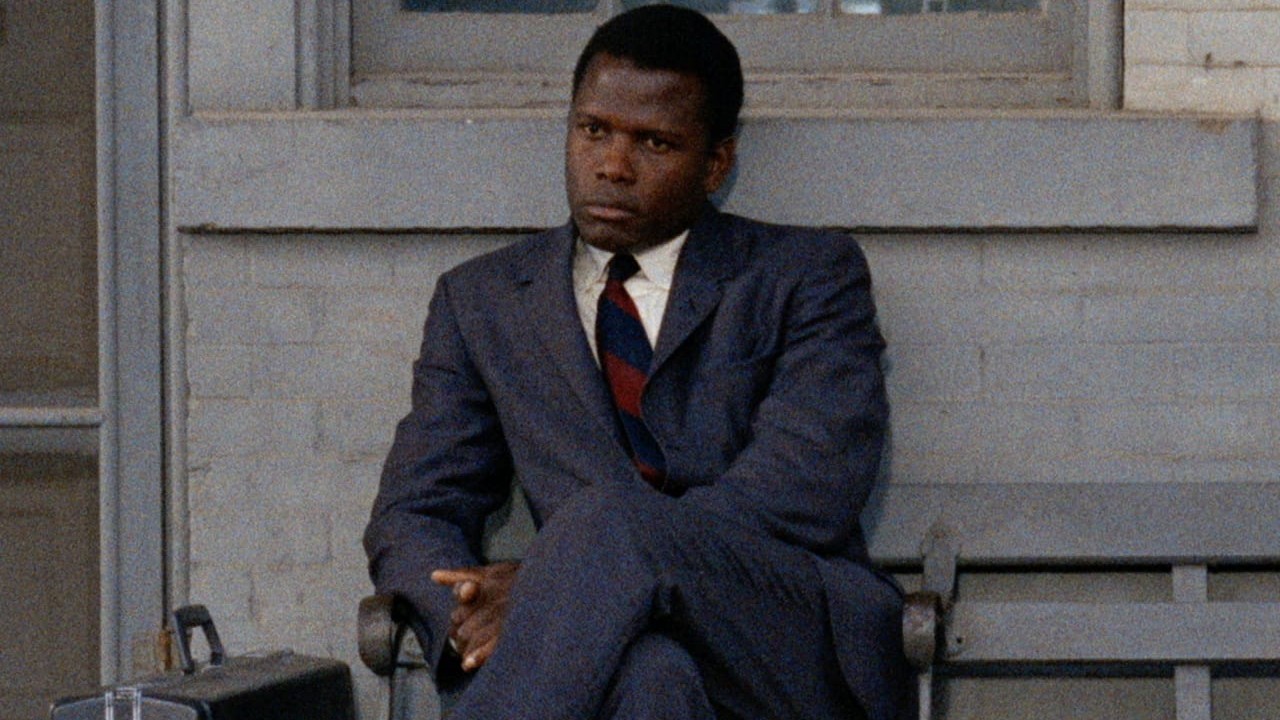
In The Heat Of The Night (1967)
Before it was turned into a long-running TV show of the same name, In the Heat of the Night was a revolutionary and well-respected crime drama about a Black detective (played by Sidney Poitier) as he goes from being accused of murder to hunting down those responsible for it. Nothing is off the table in Norman Jewison’s landmark mystery film.
As you can probably tell by now, the first 40 years of the Academy Awards saw some of the most iconic and legendary films to ever grace the silver screen. But as we all know, this is just the beginning of the story…

Philip grew up in Louisiana (not New Orleans) before moving to St. Louis after graduating from Louisiana State University-Shreveport. When he's not writing about movies or television, Philip can be found being chased by his three kids, telling his dogs to stop barking at the mailman, or chatting about professional wrestling to his wife. Writing gigs with school newspapers, multiple daily newspapers, and other varied job experiences led him to this point where he actually gets to write about movies, shows, wrestling, and documentaries (which is a huge win in his eyes). If the stars properly align, he will talk about For Love Of The Game being the best baseball movie of all time.

